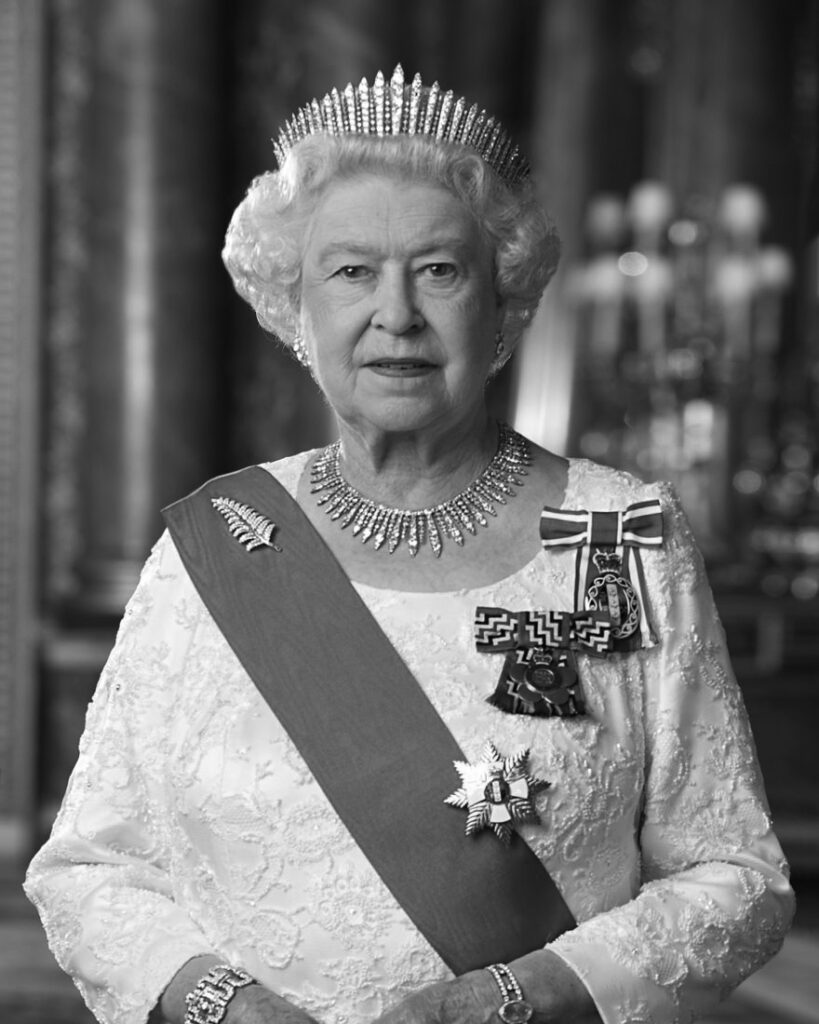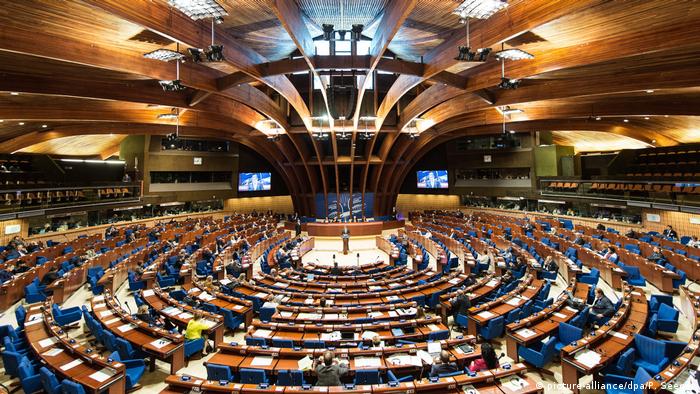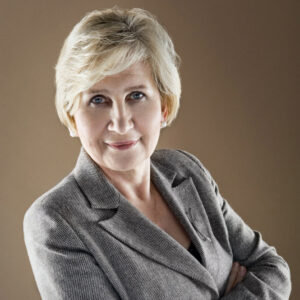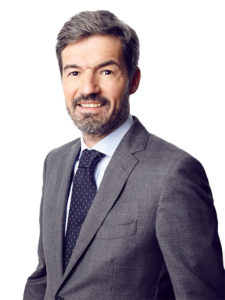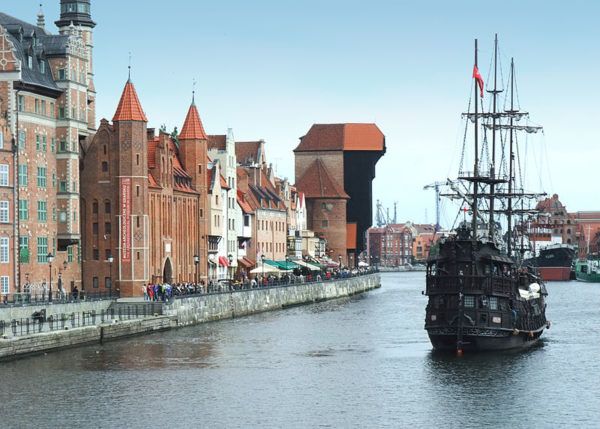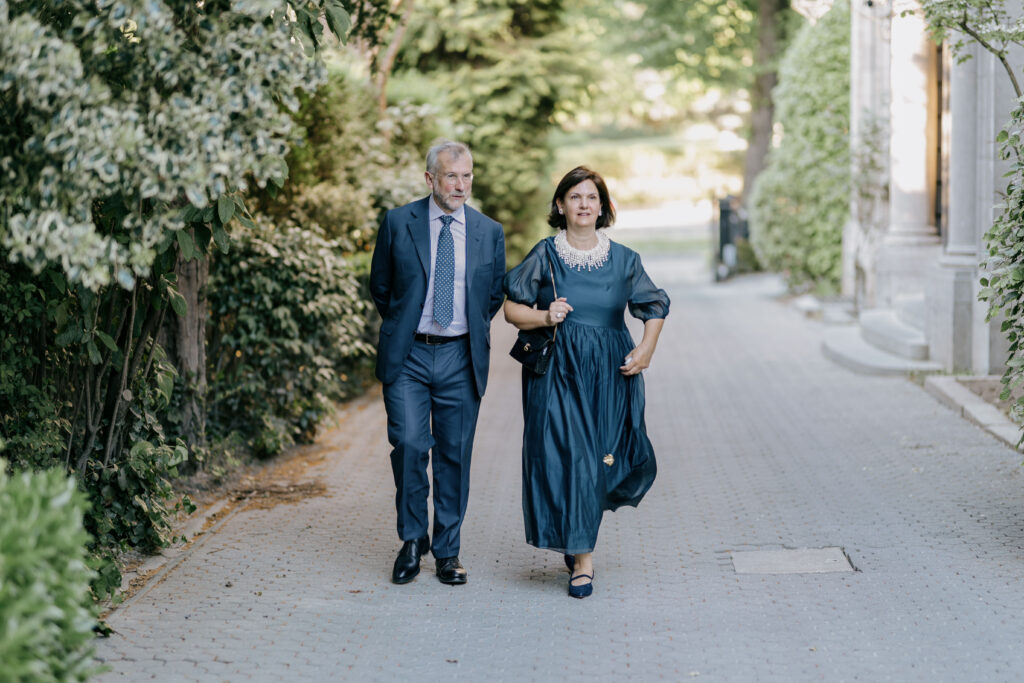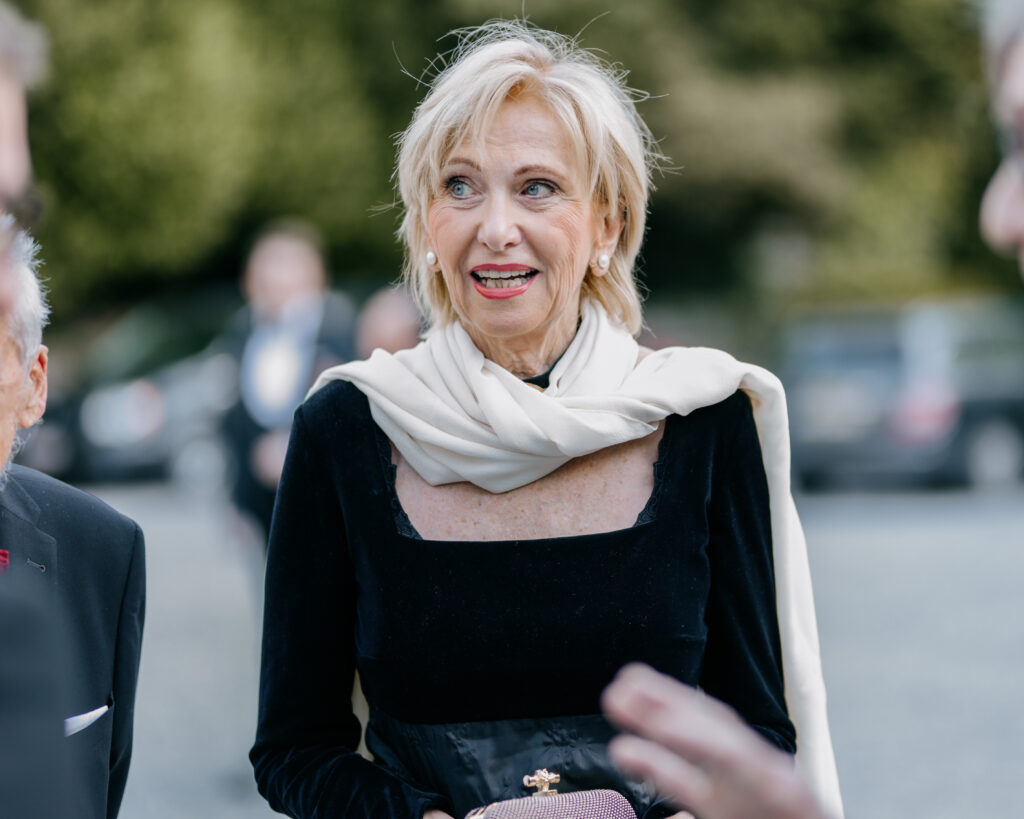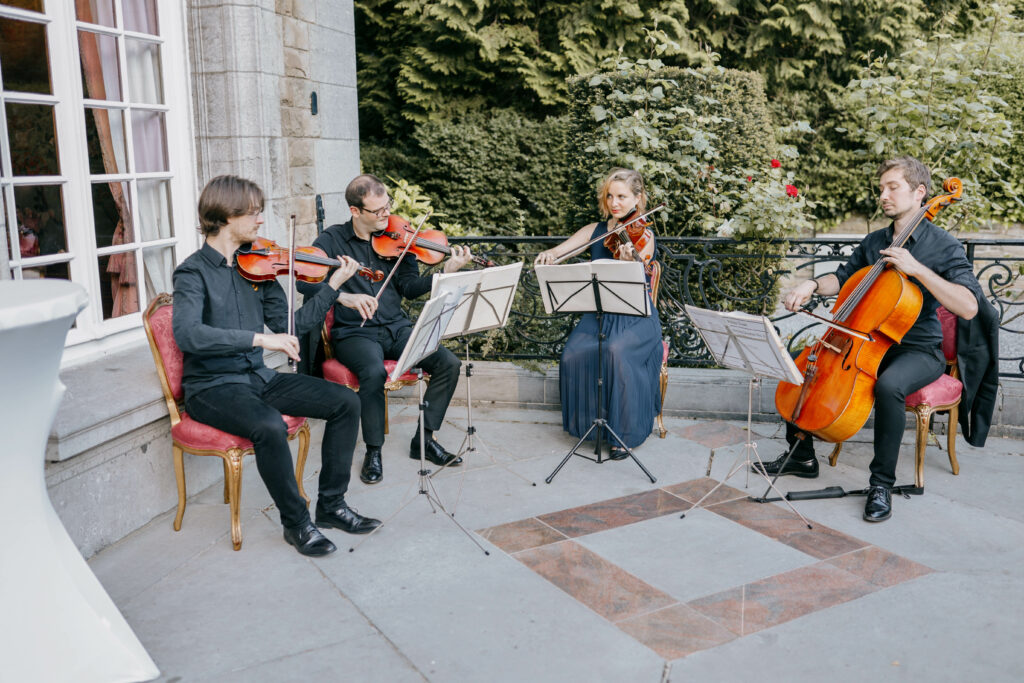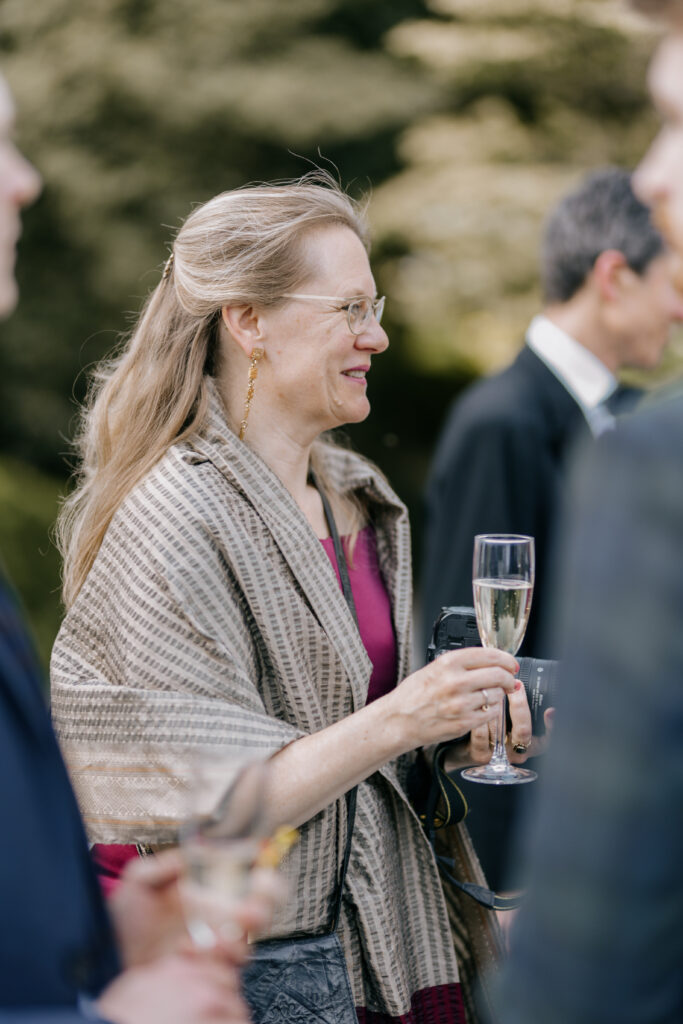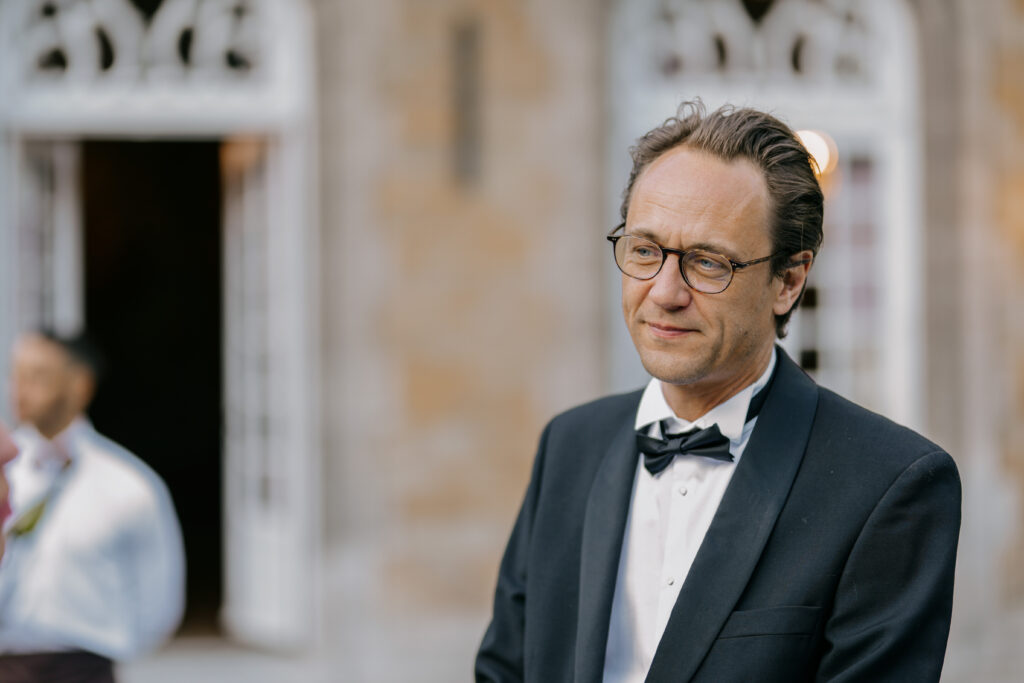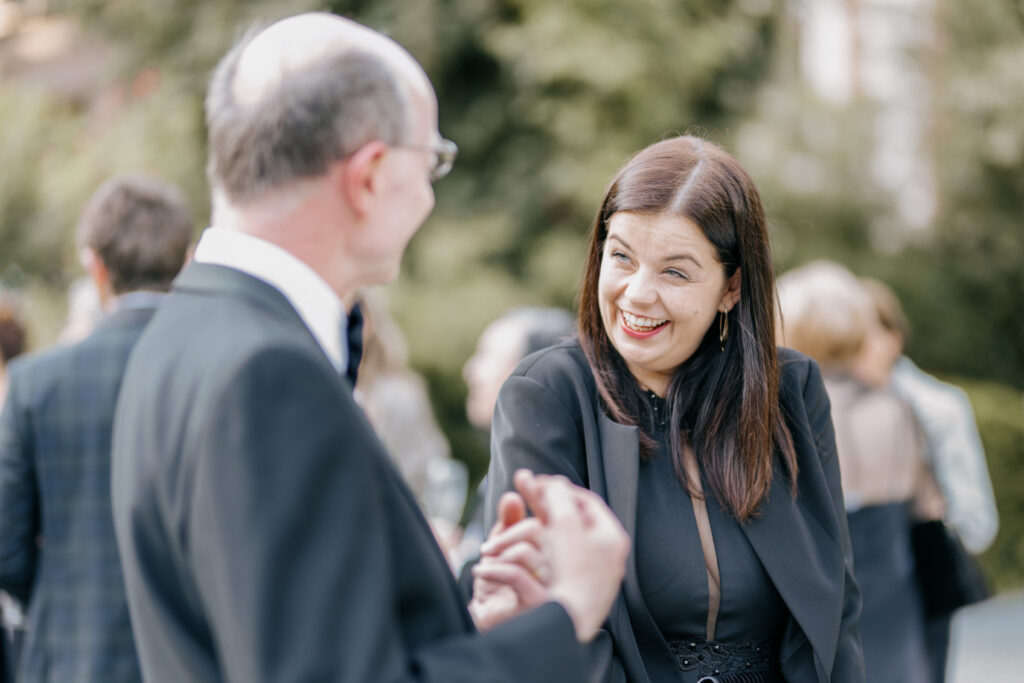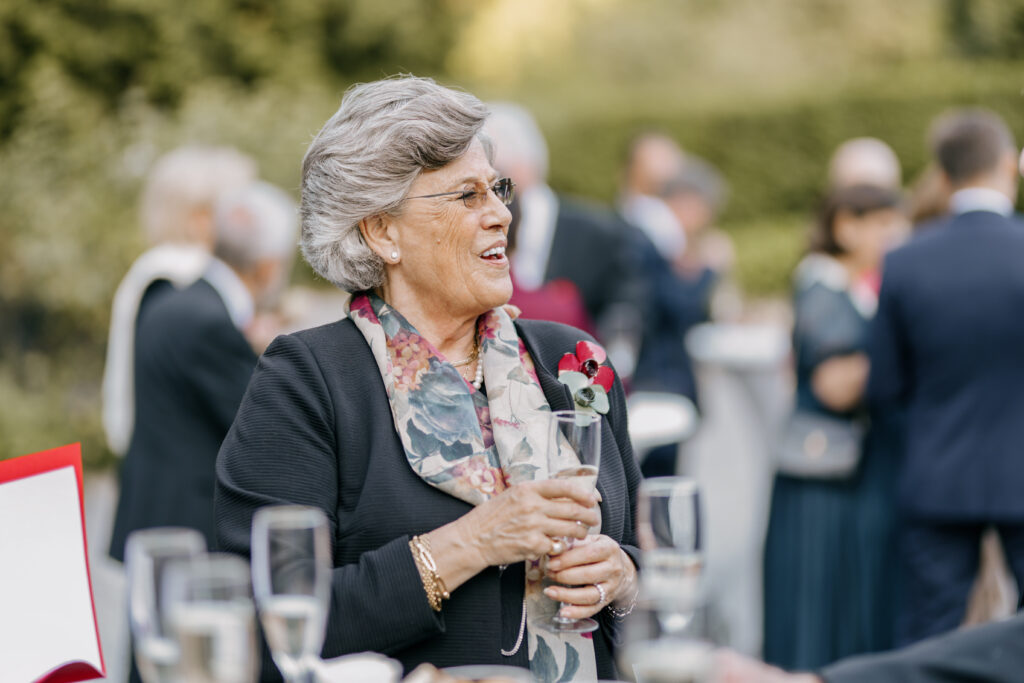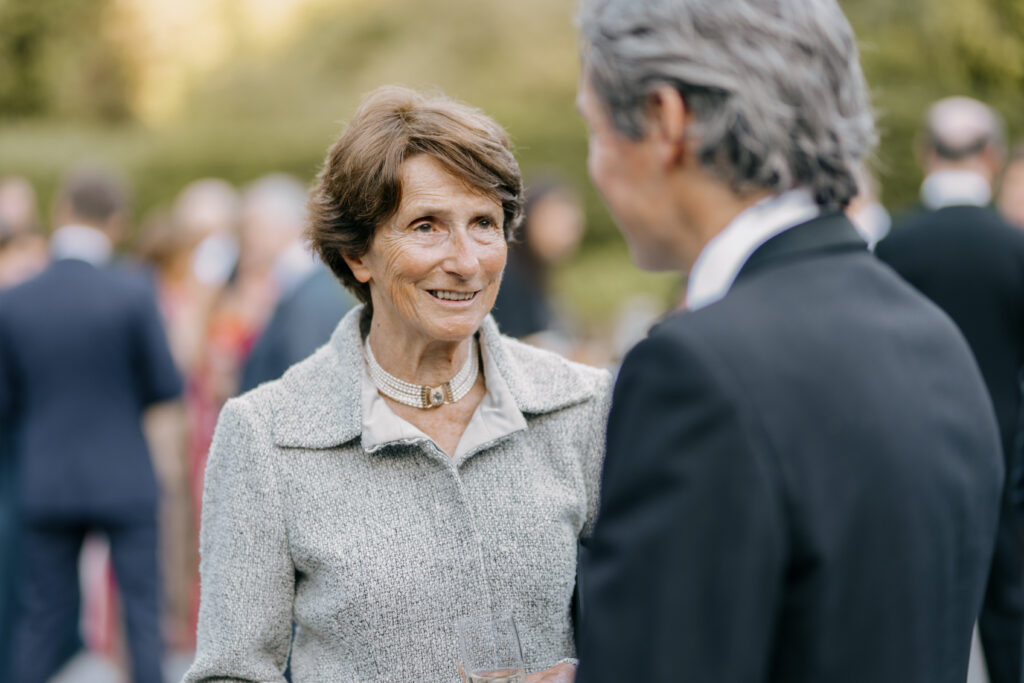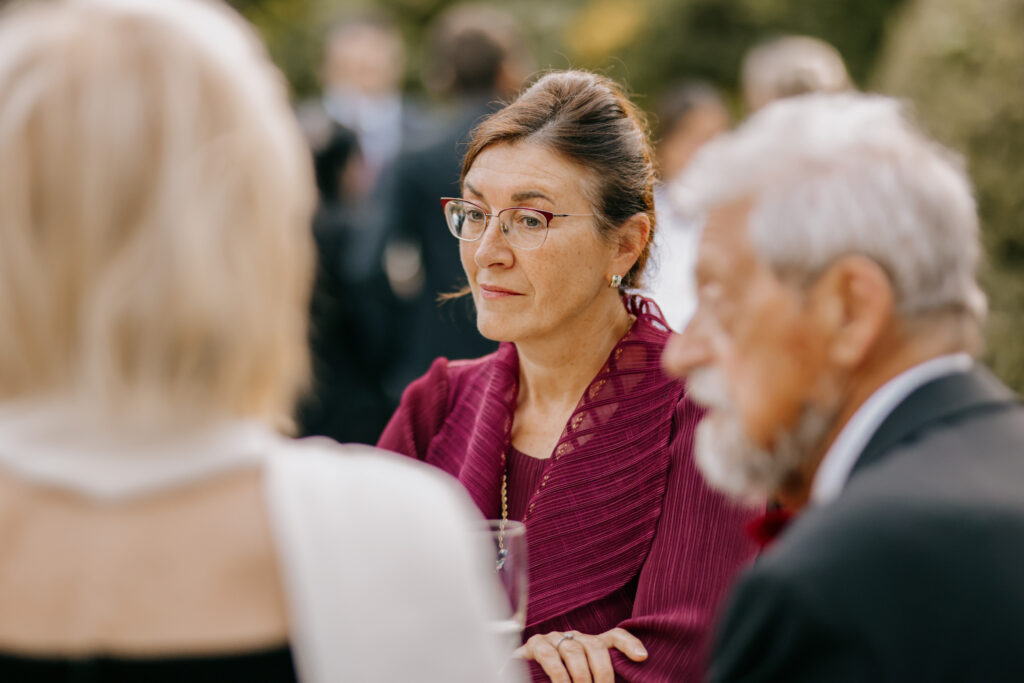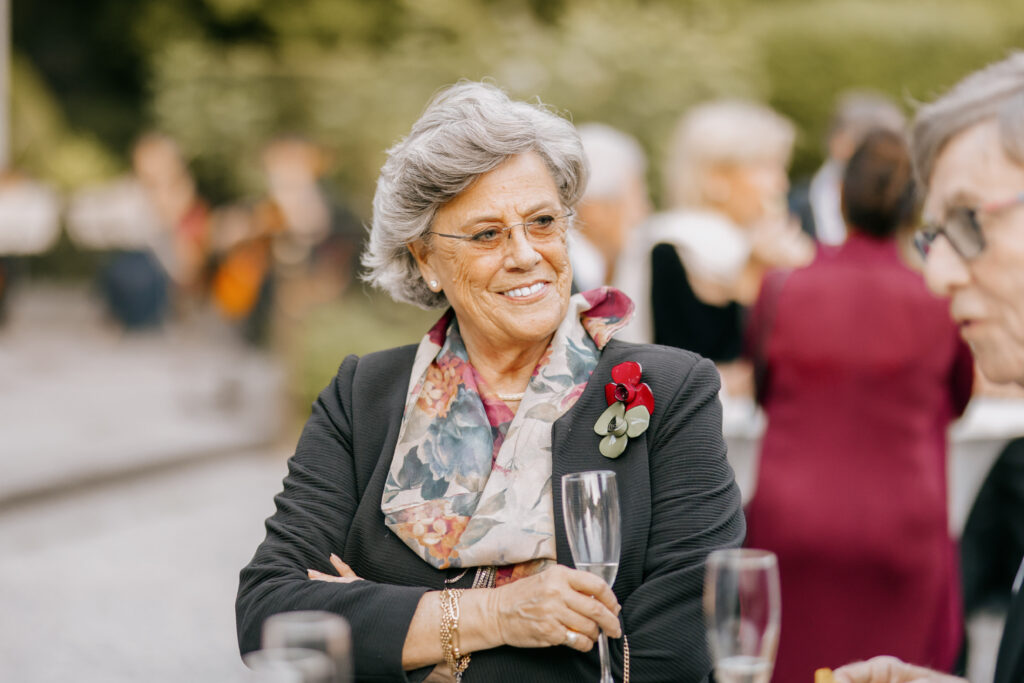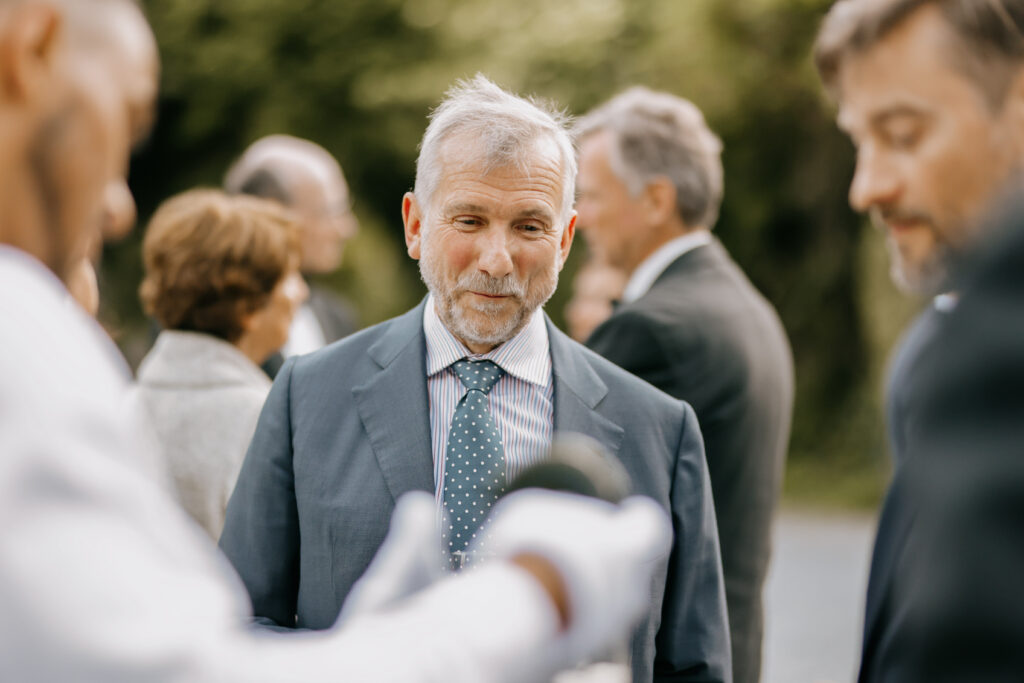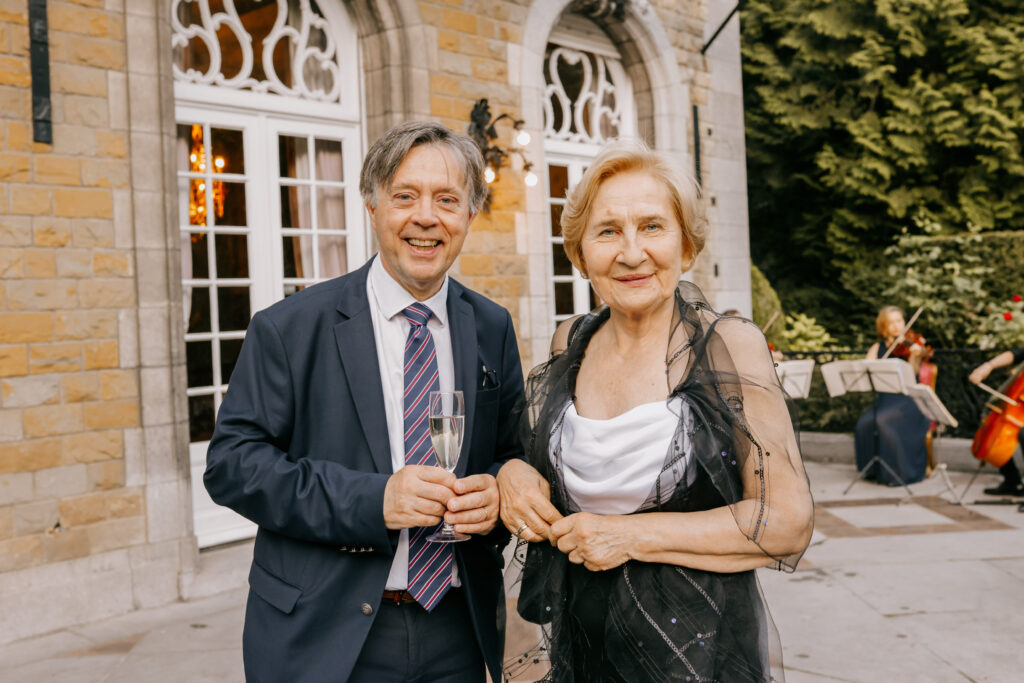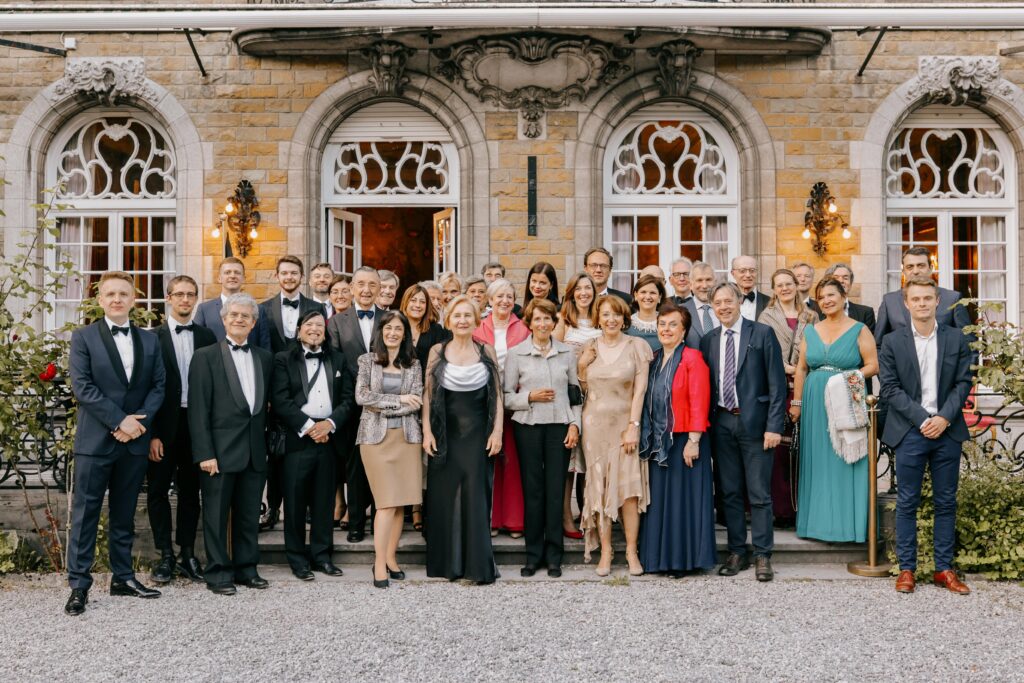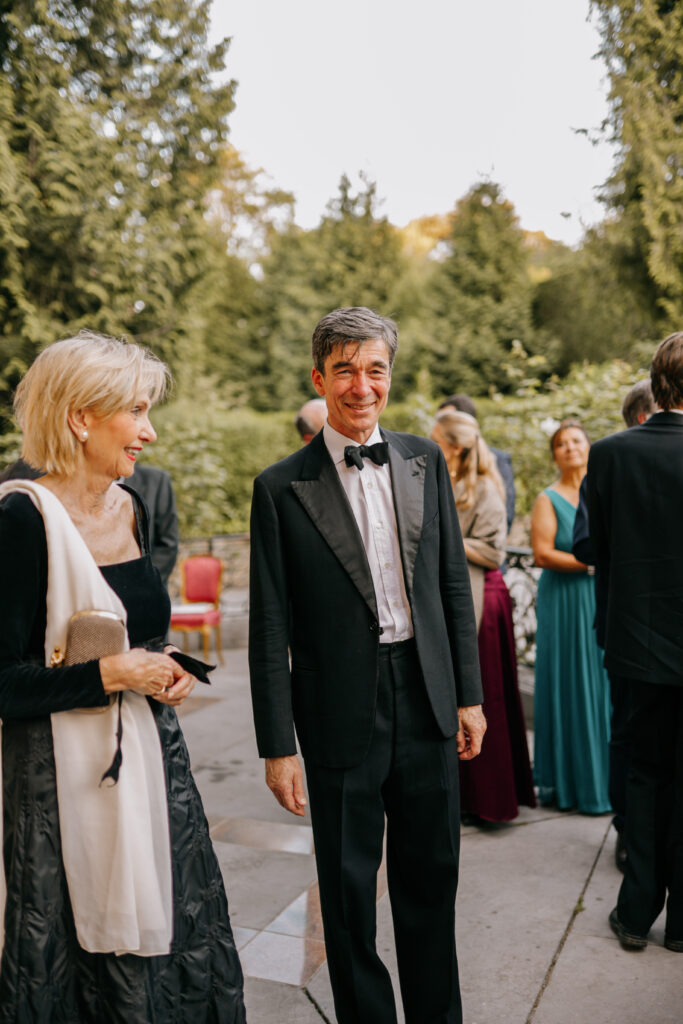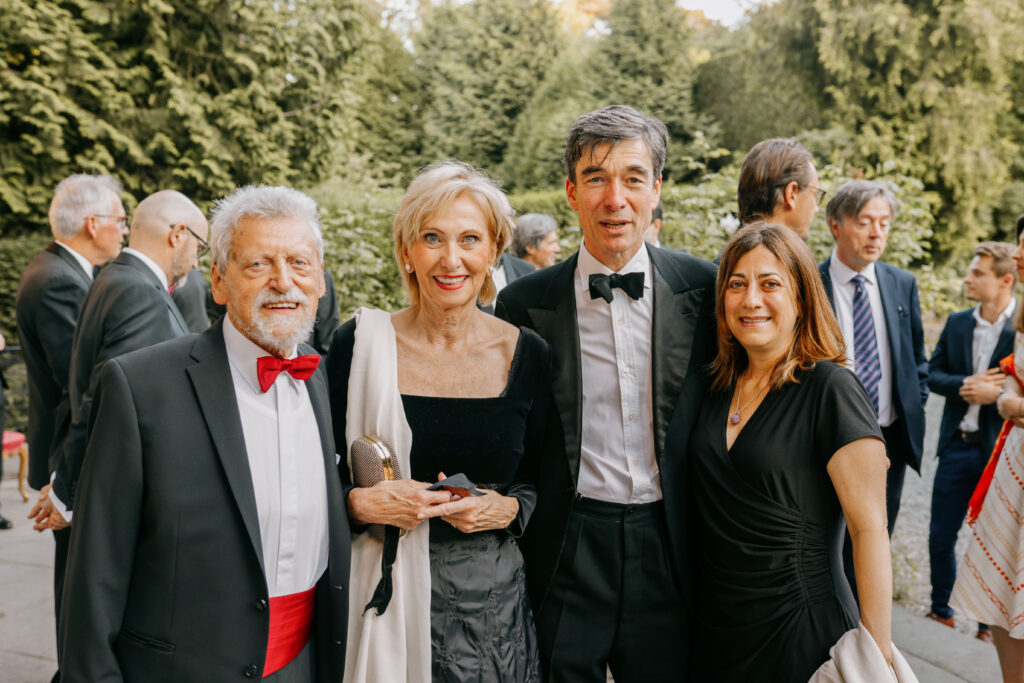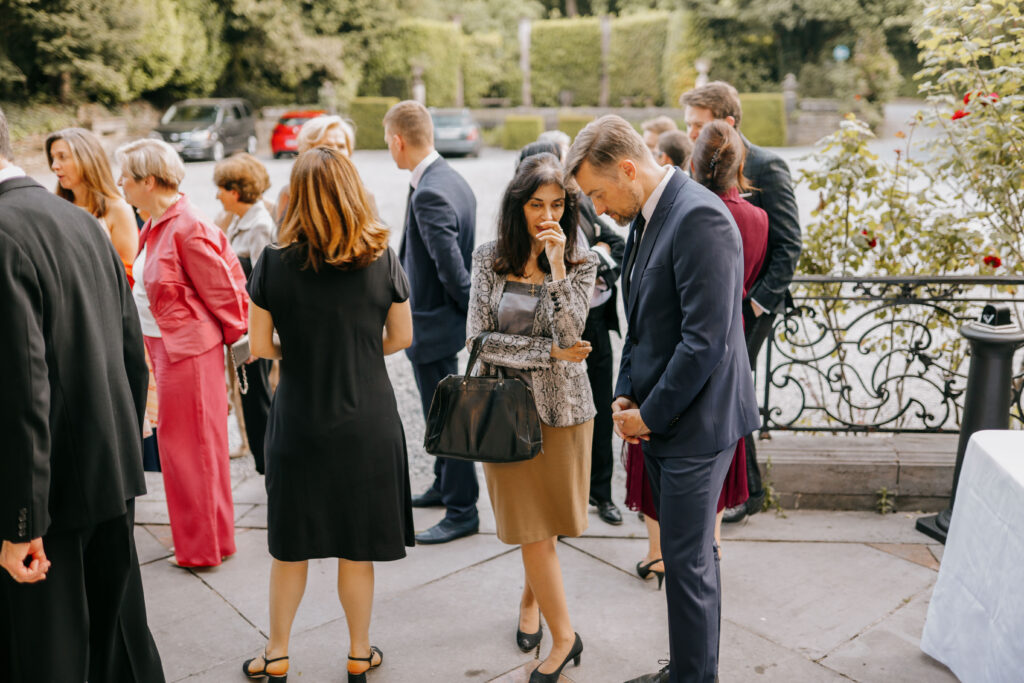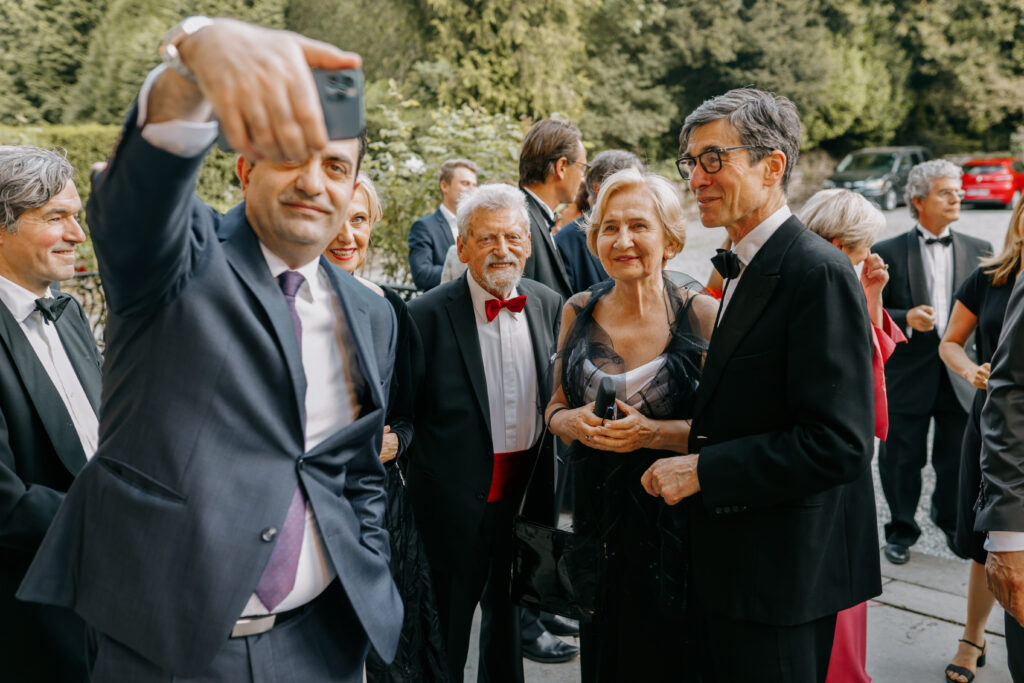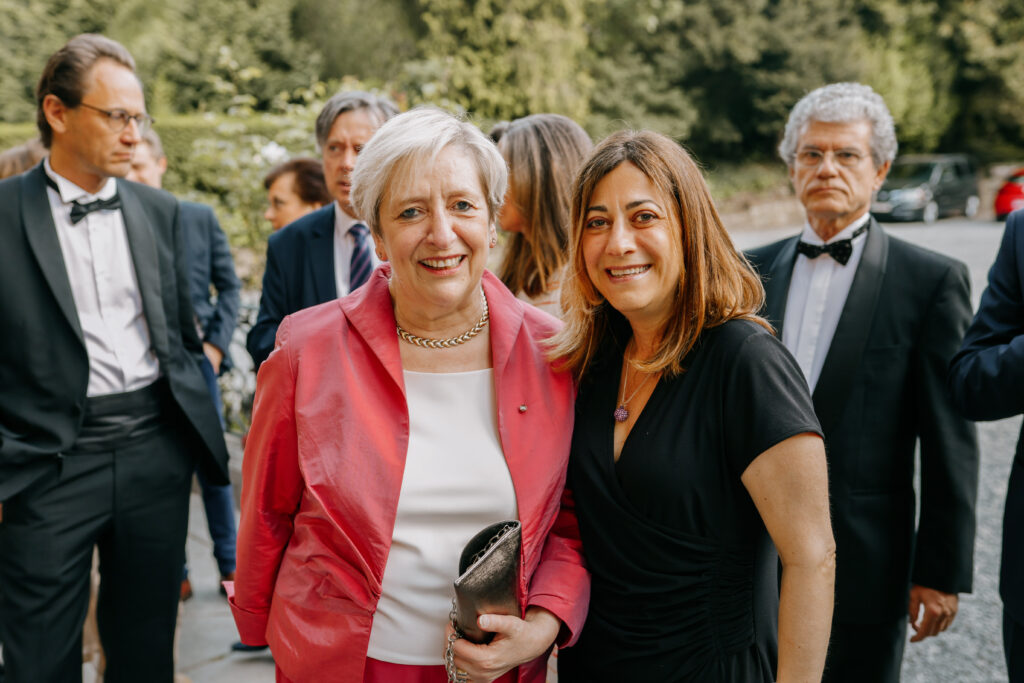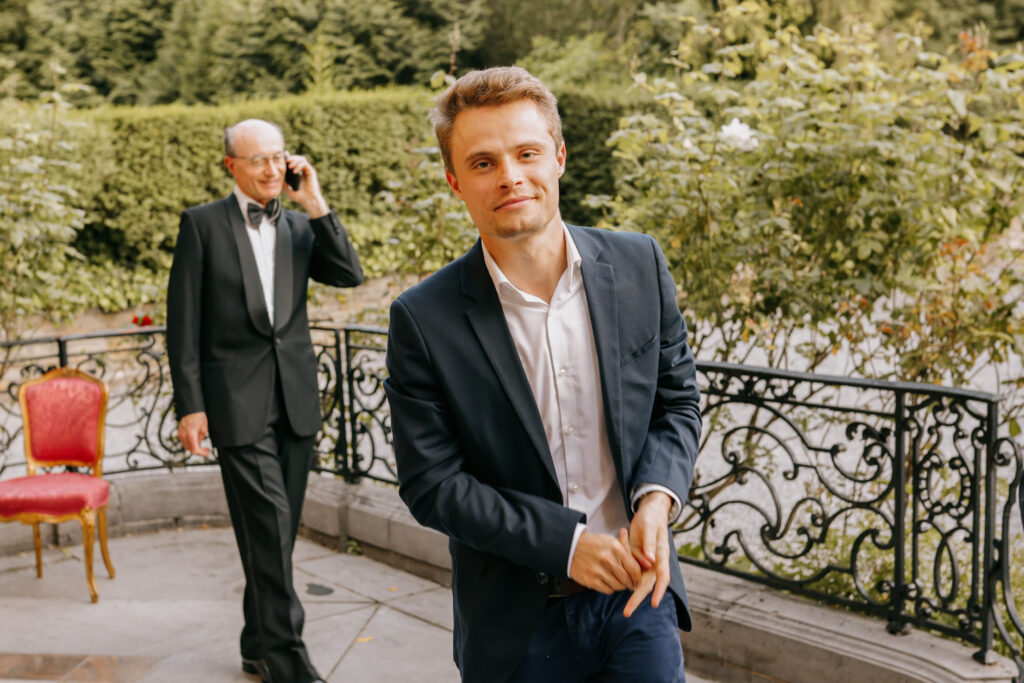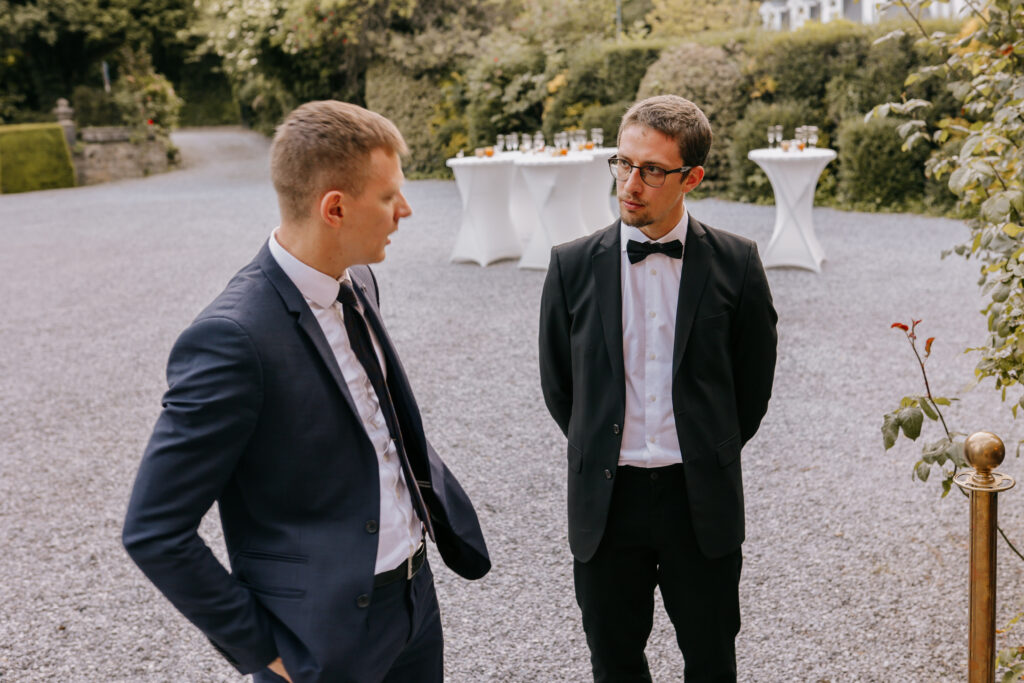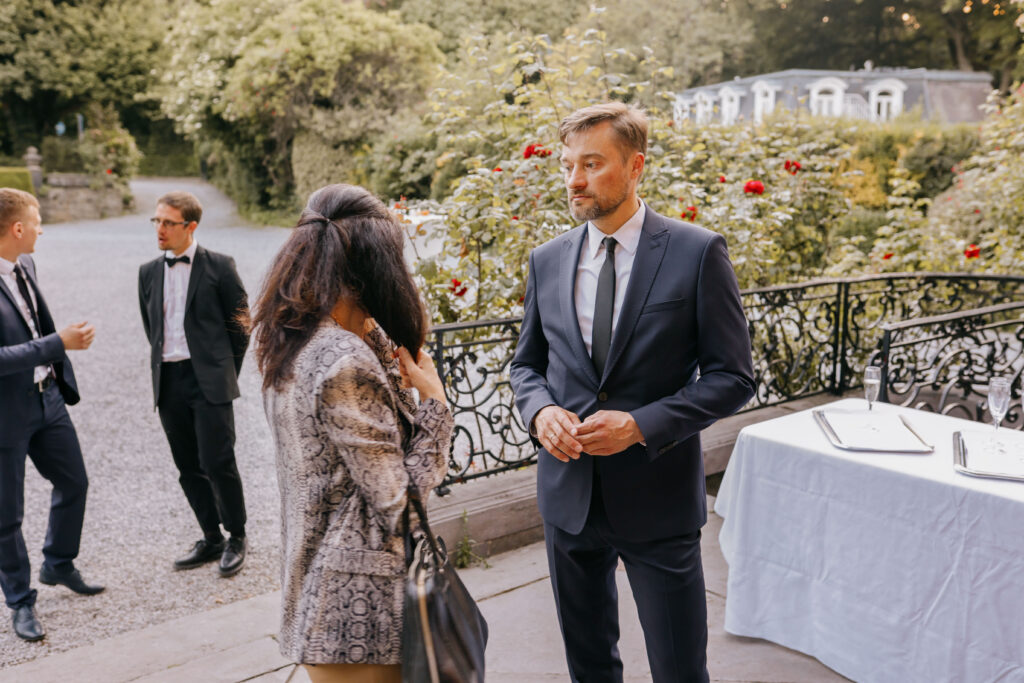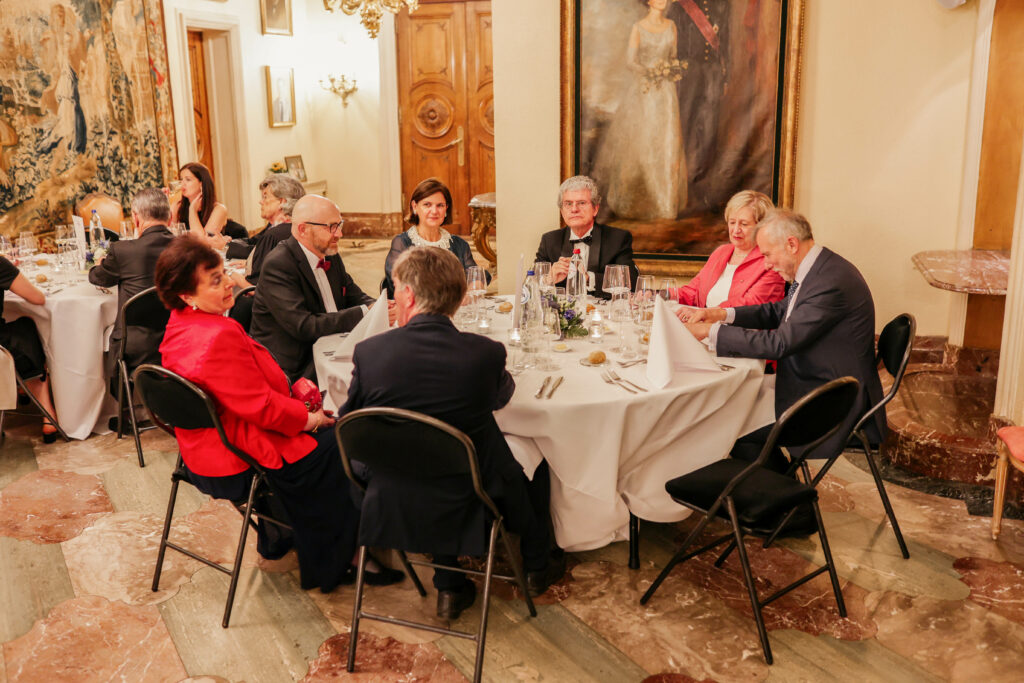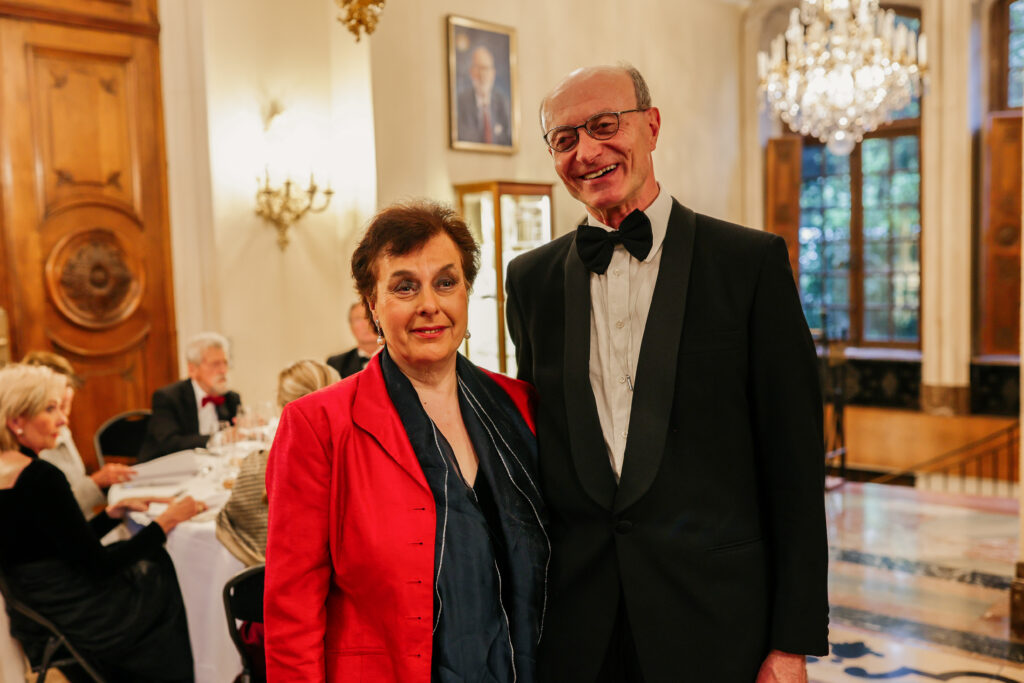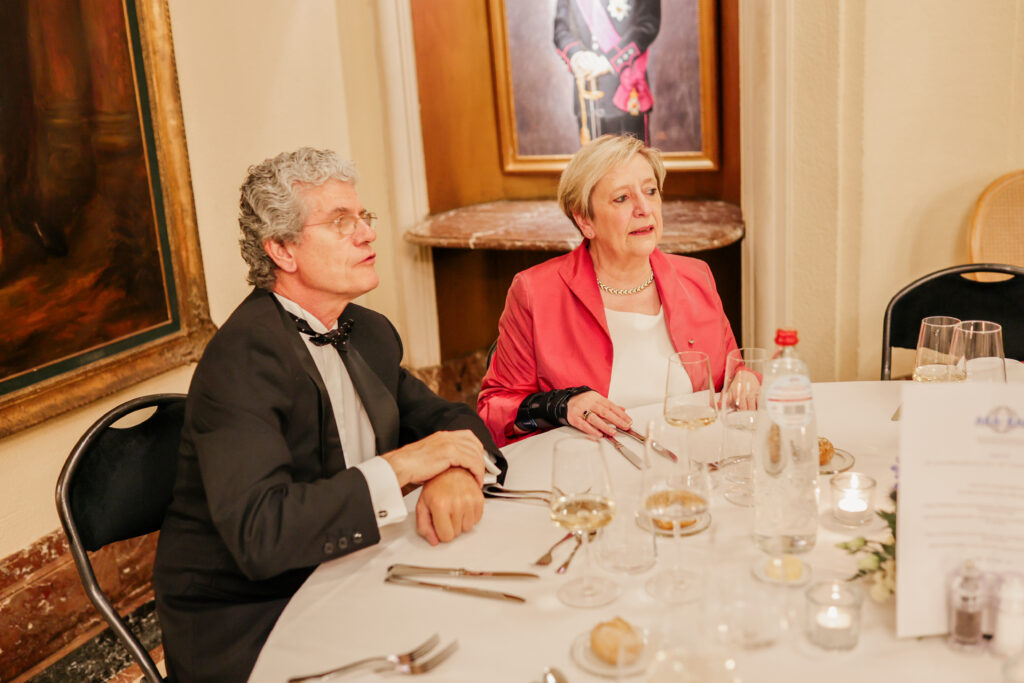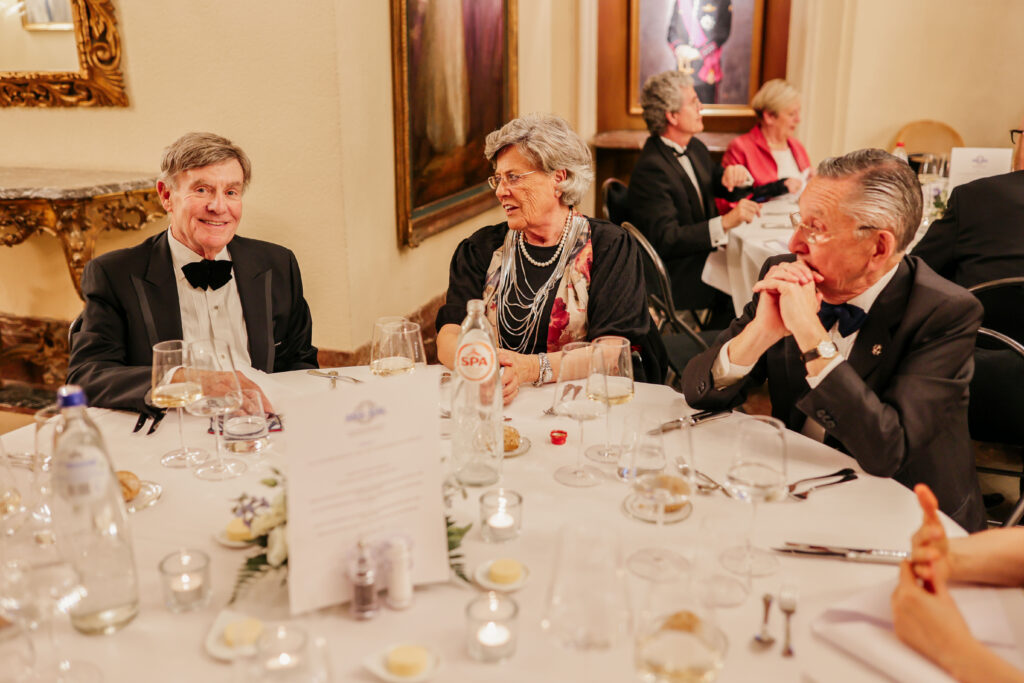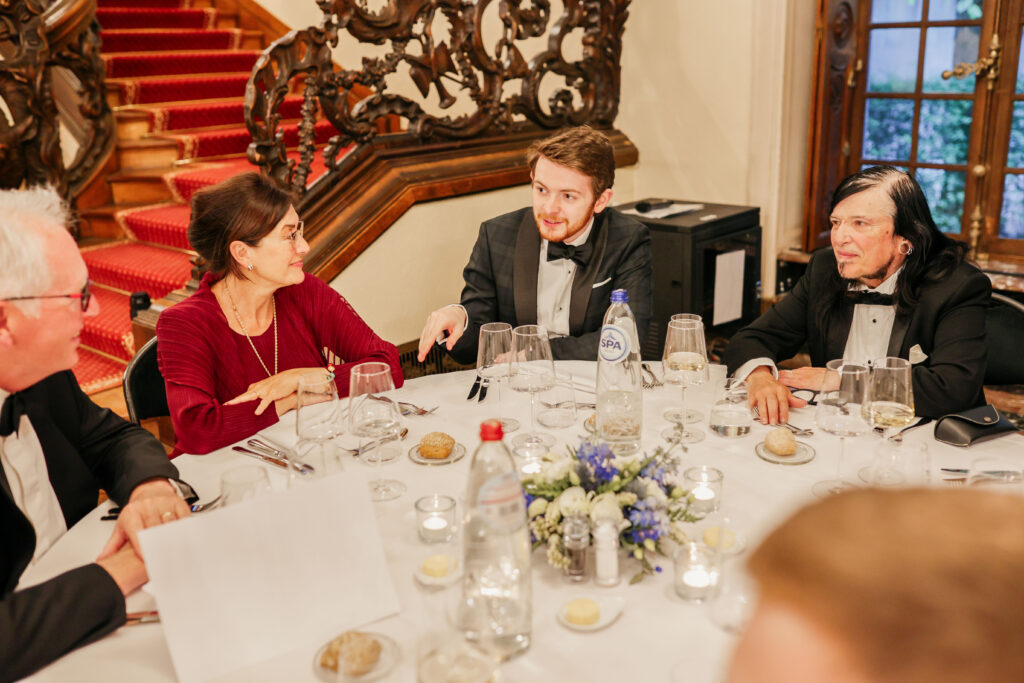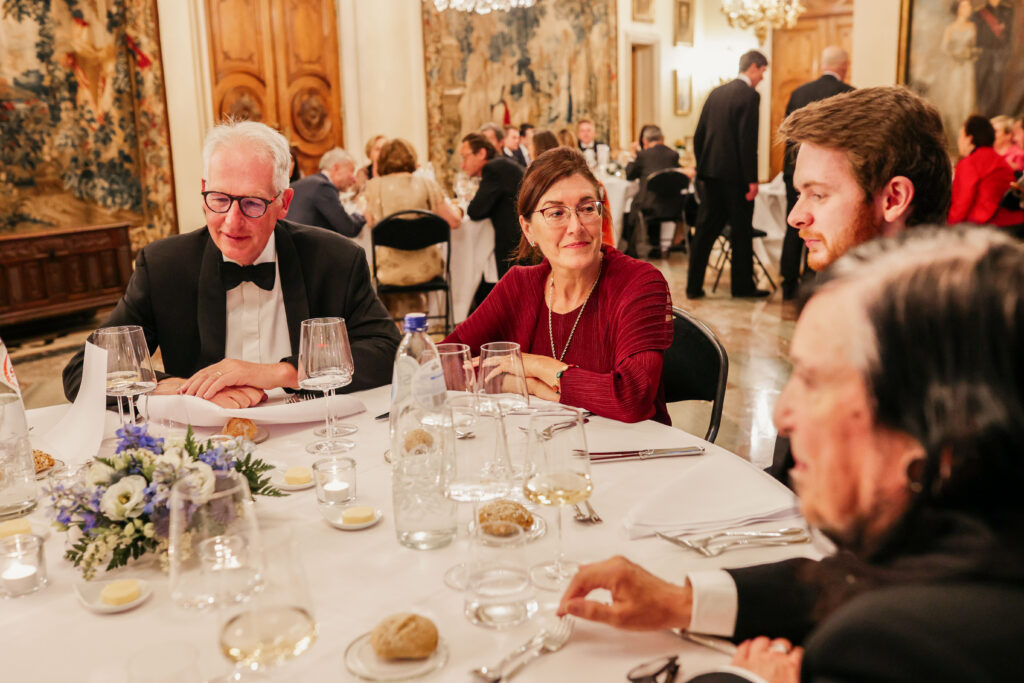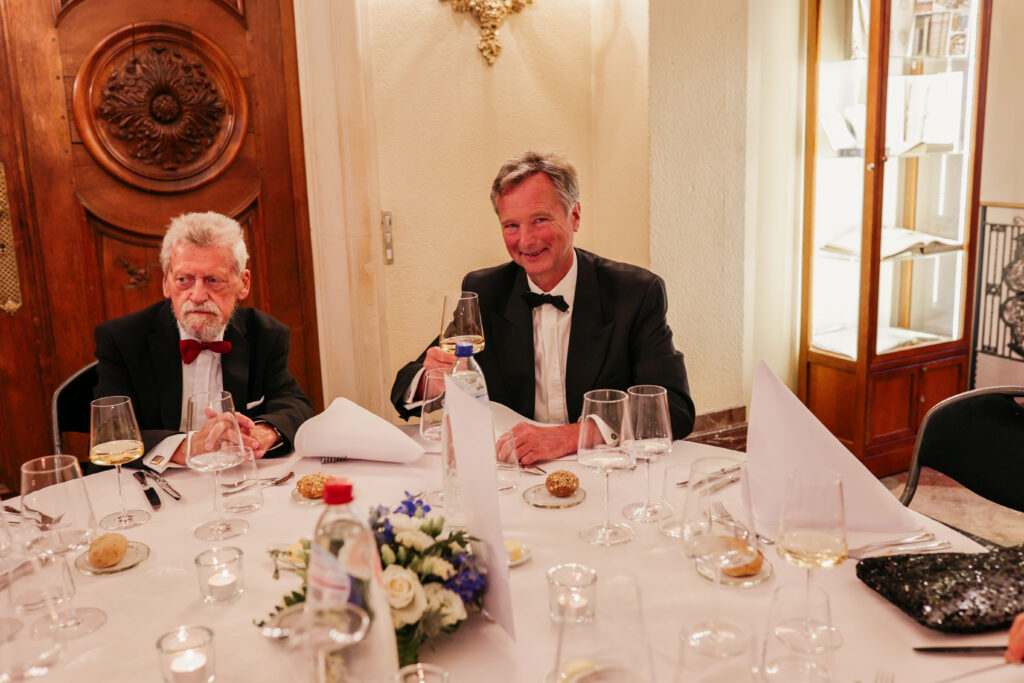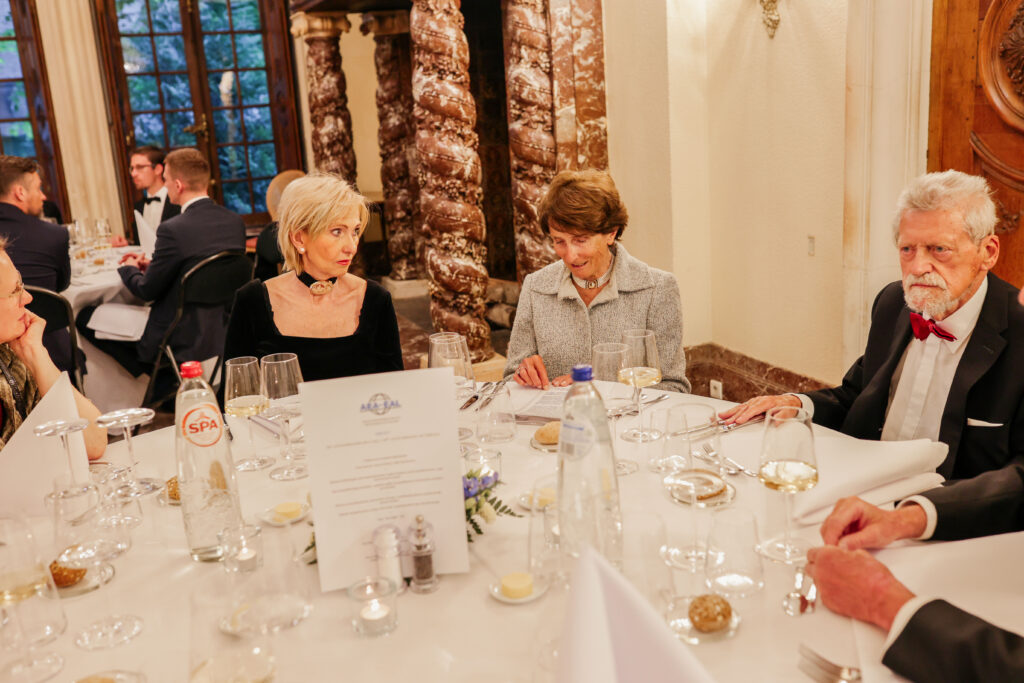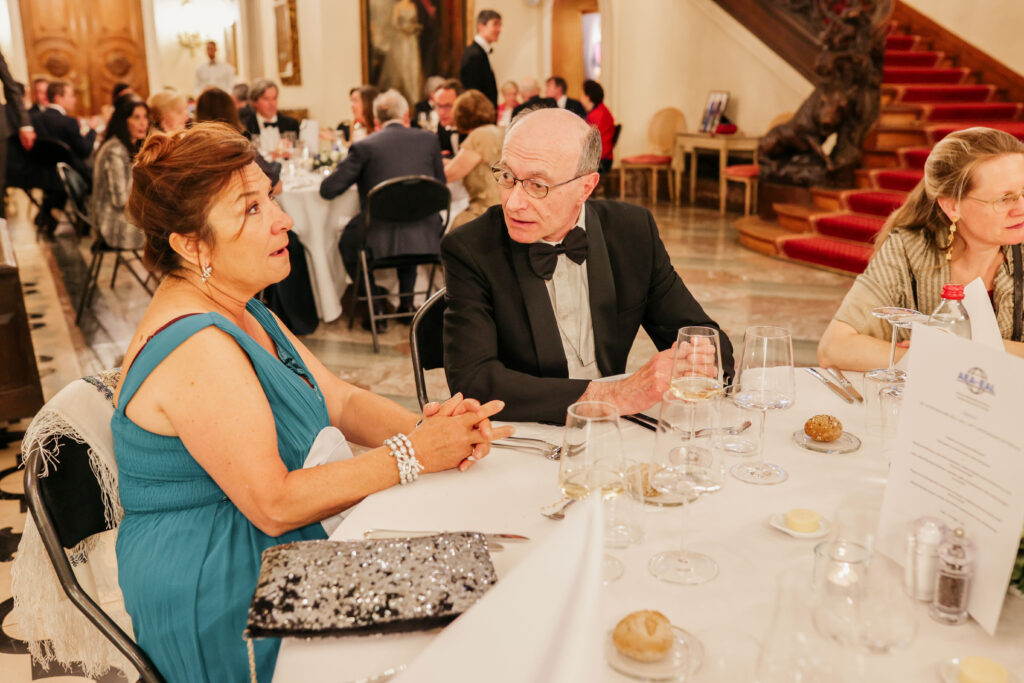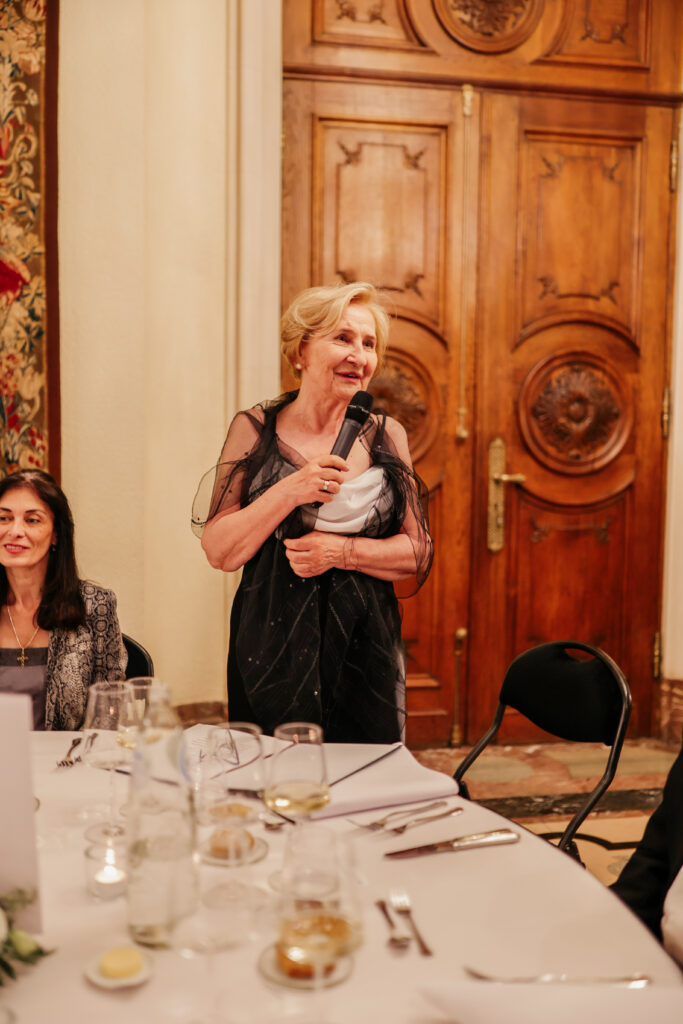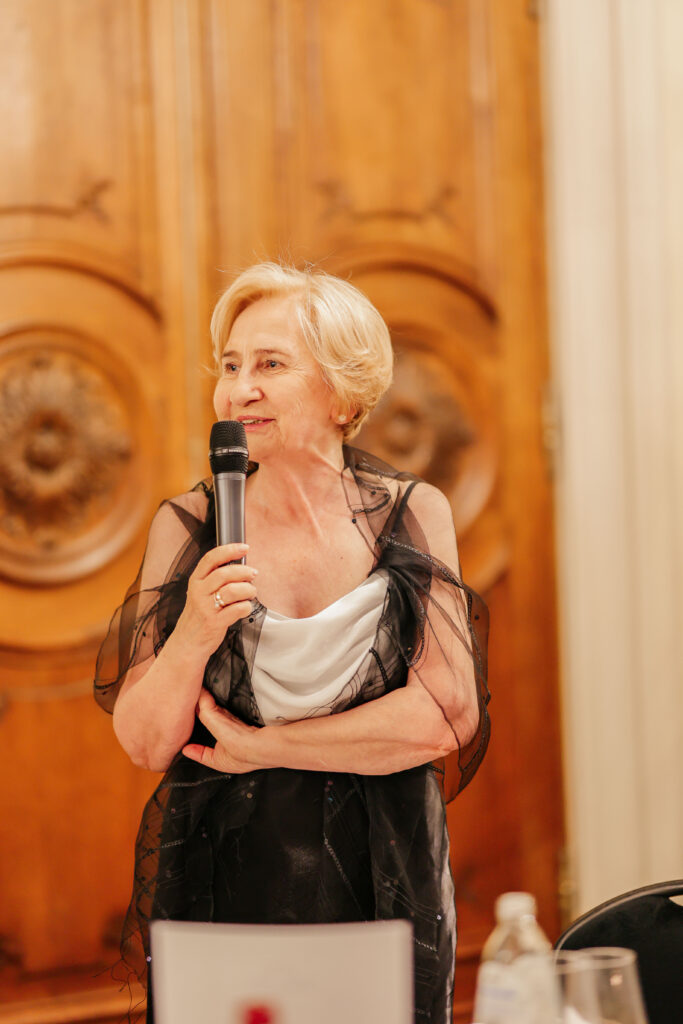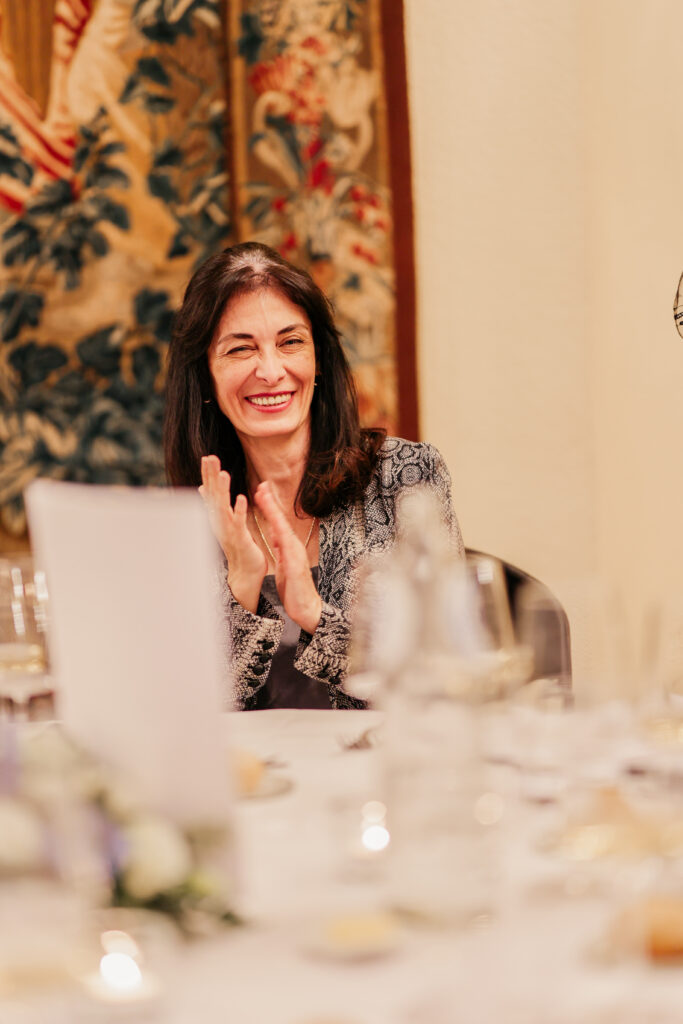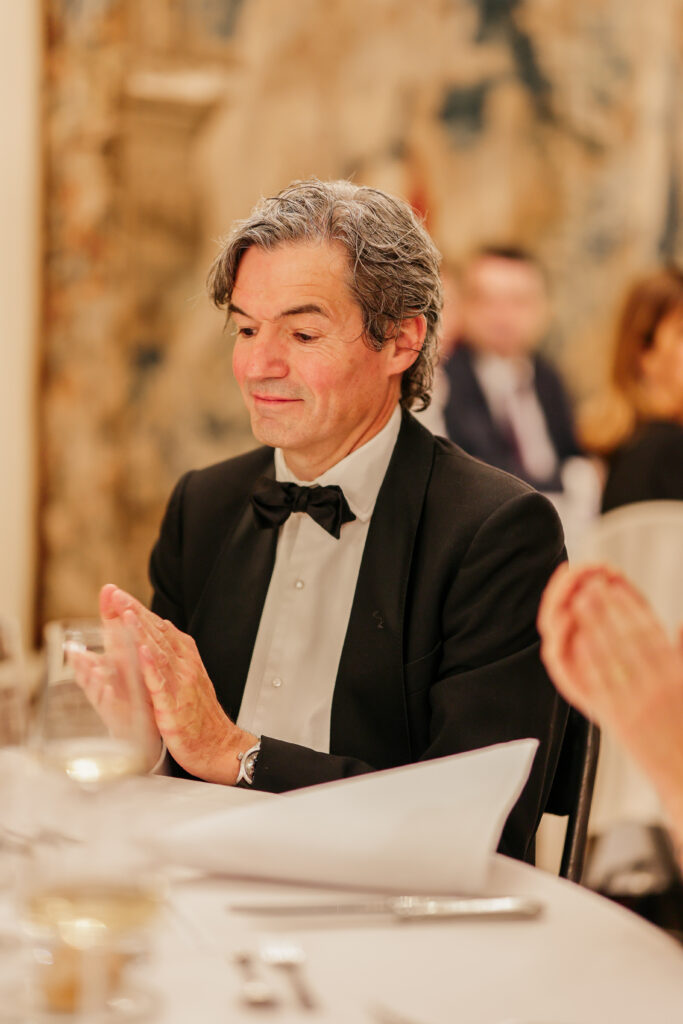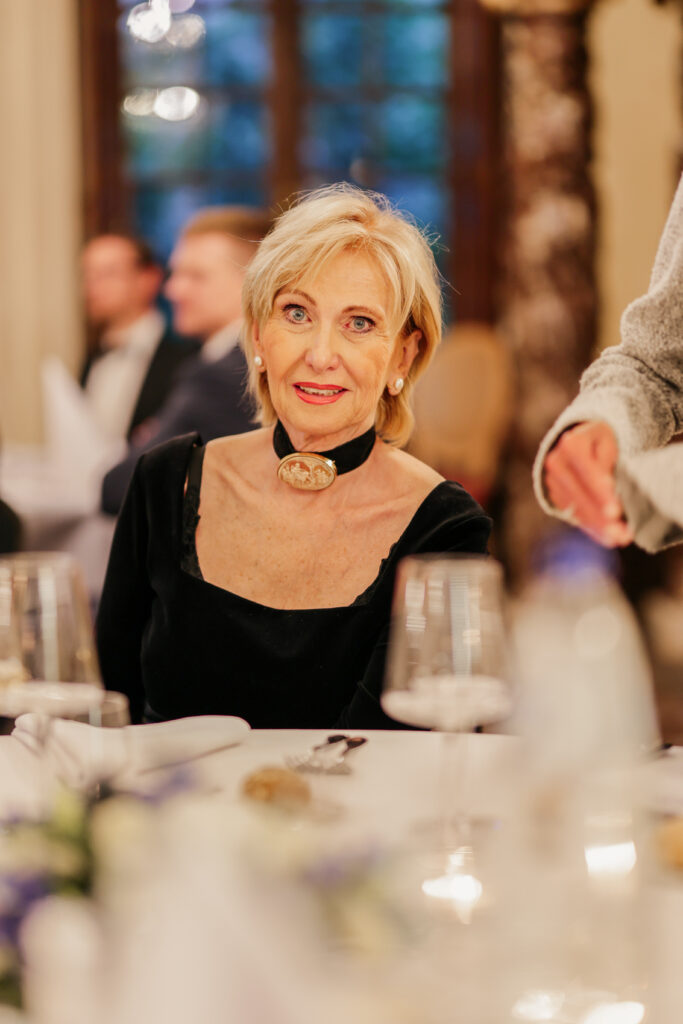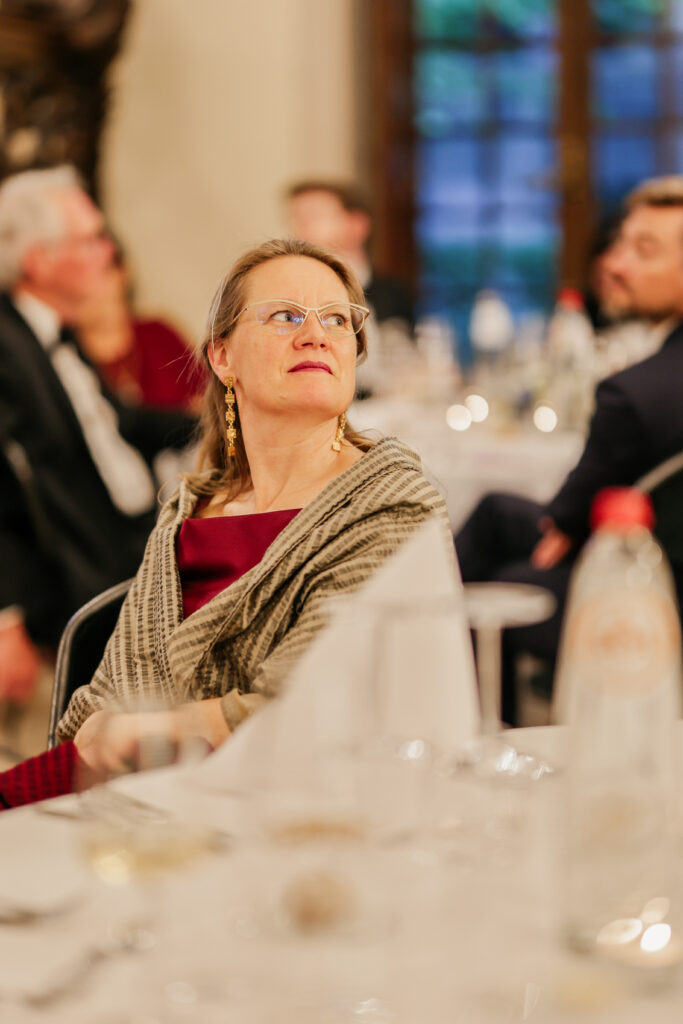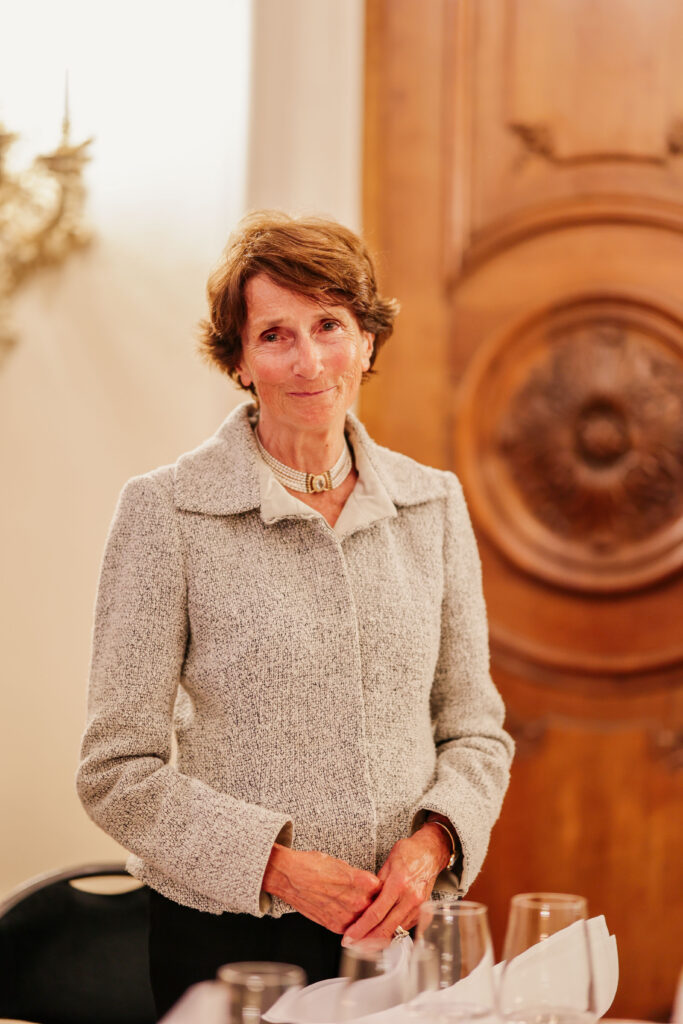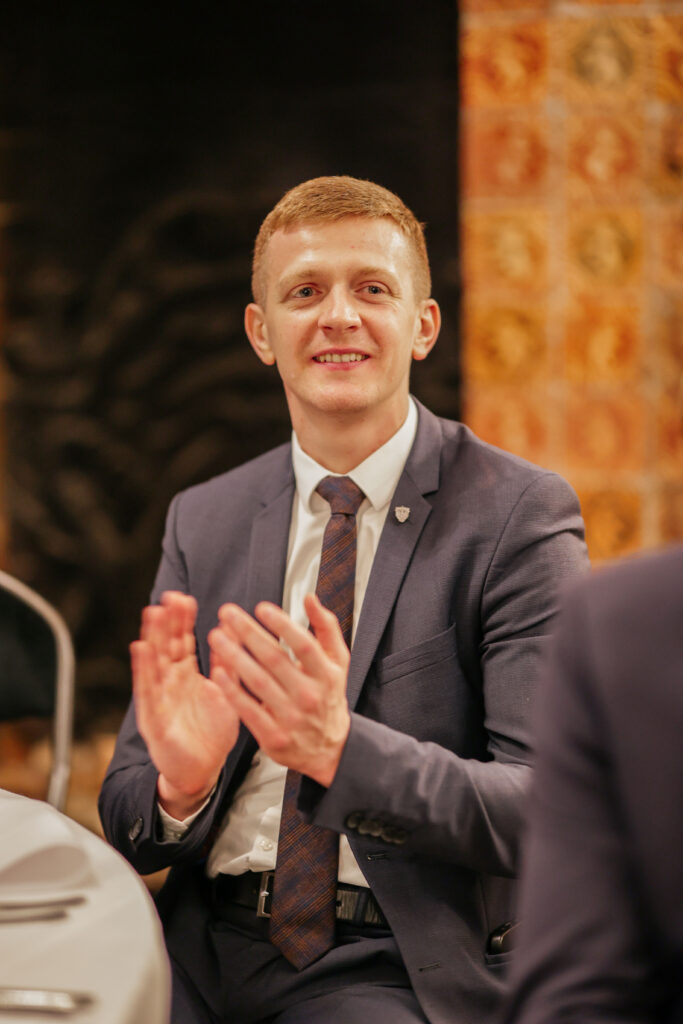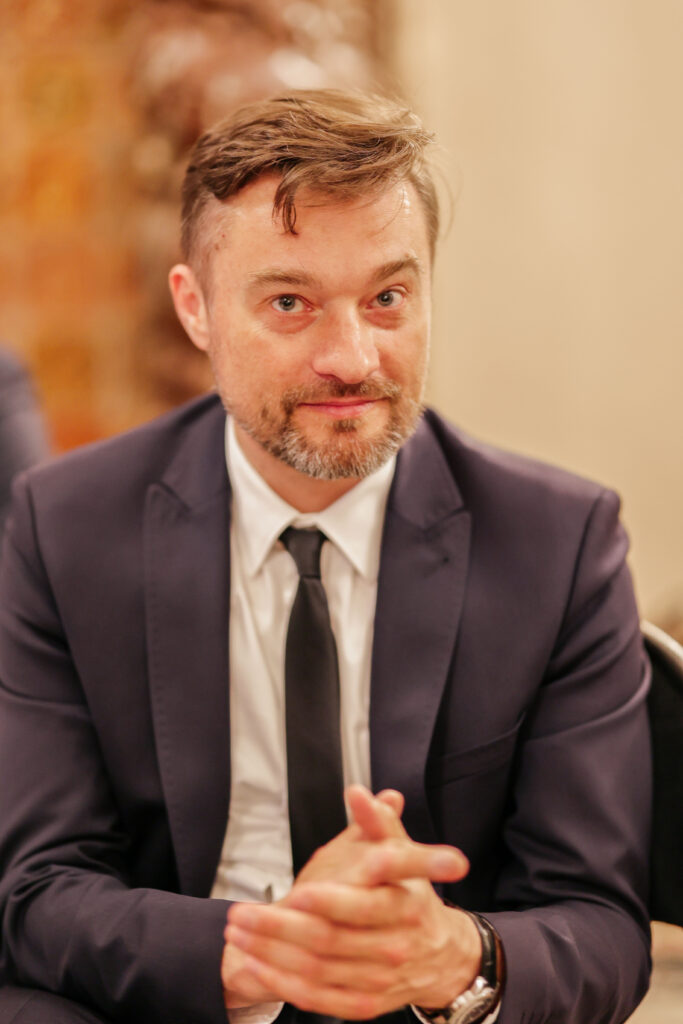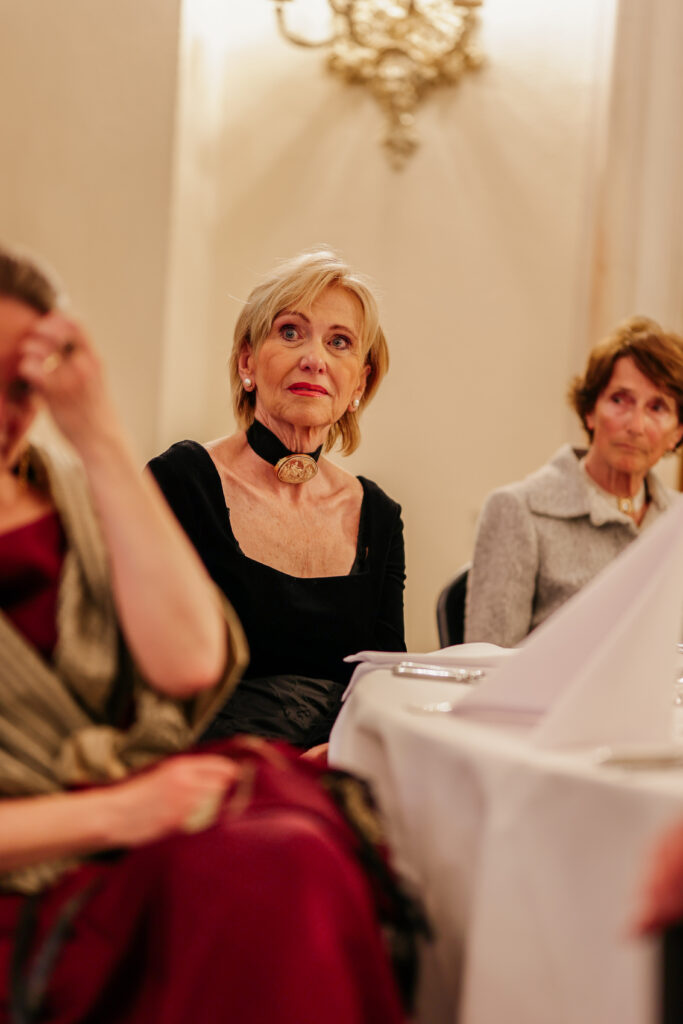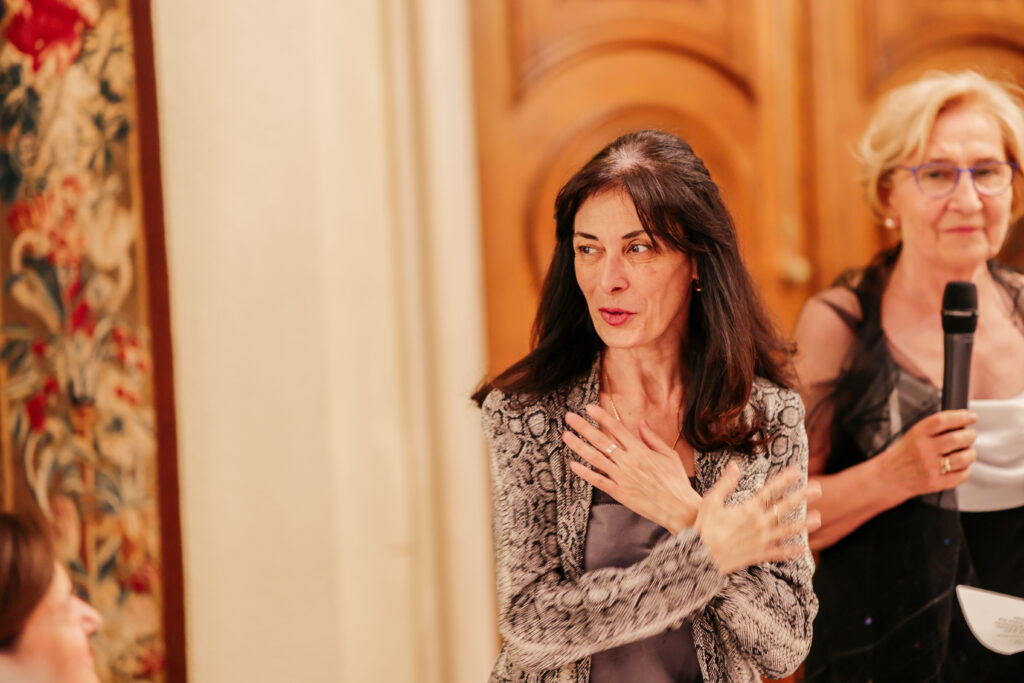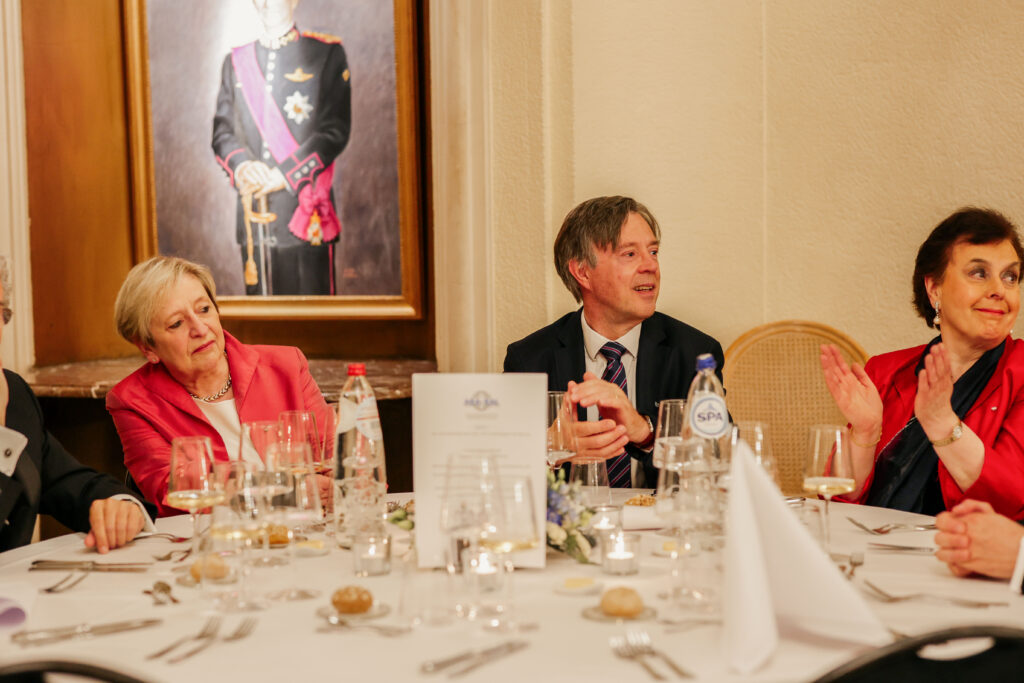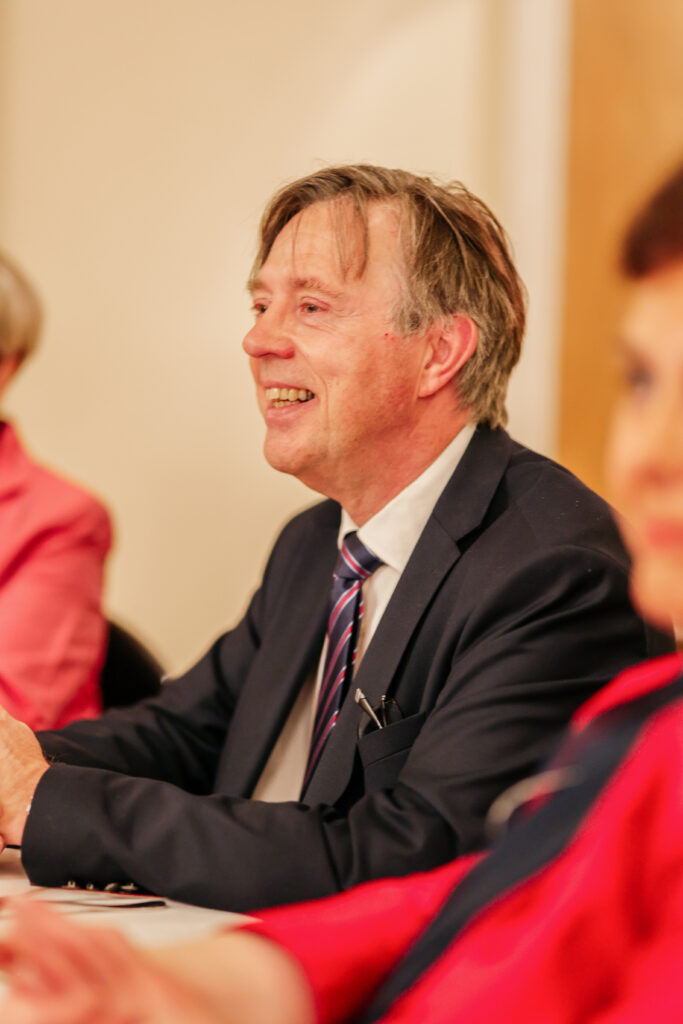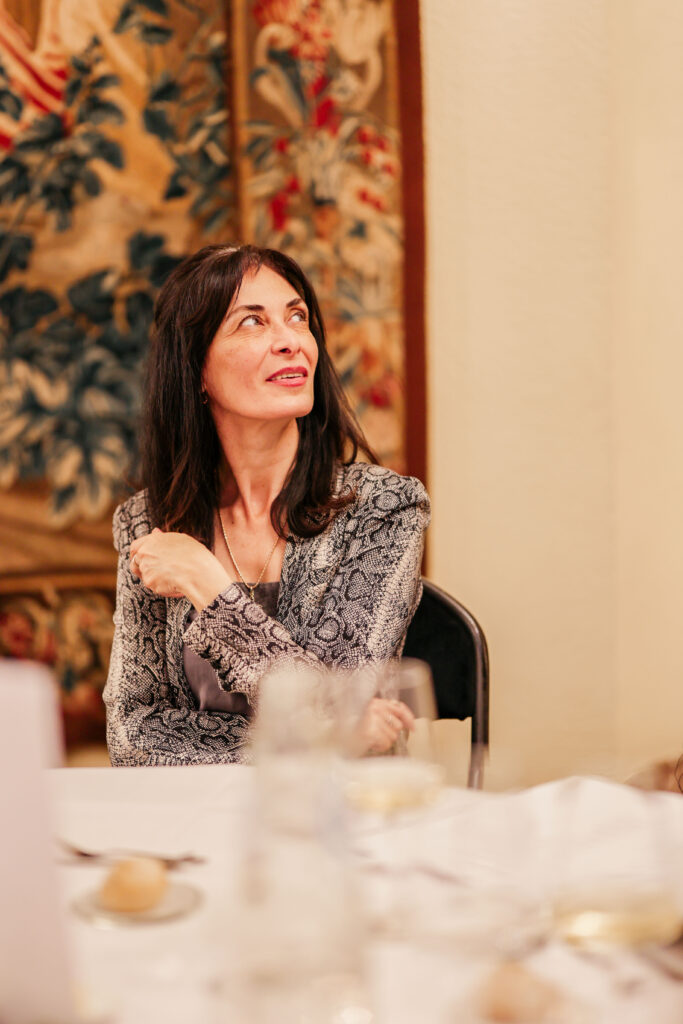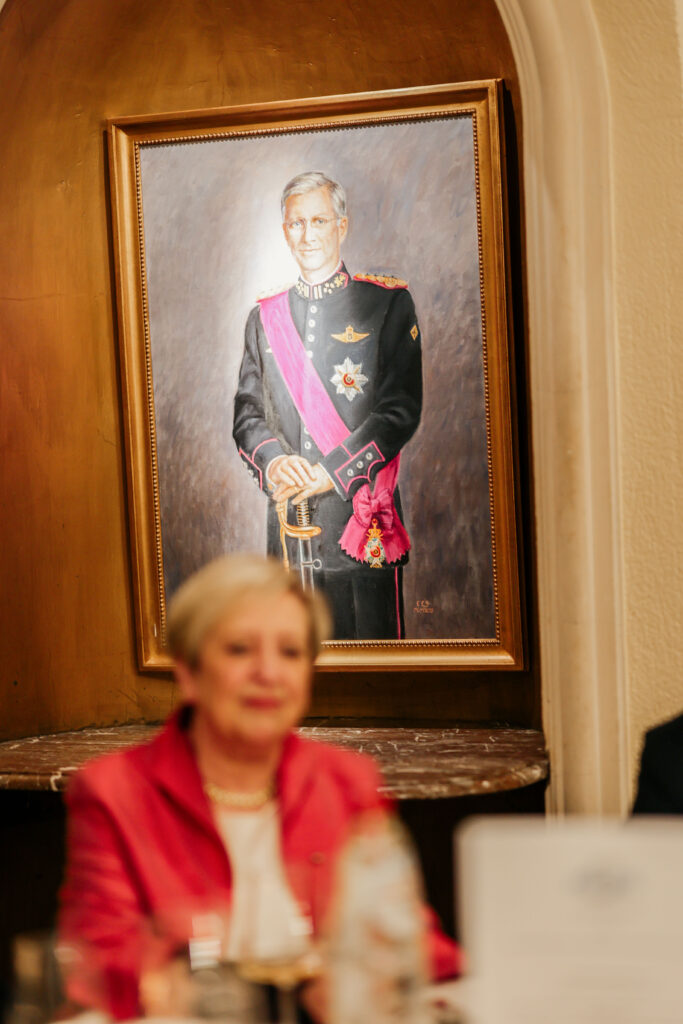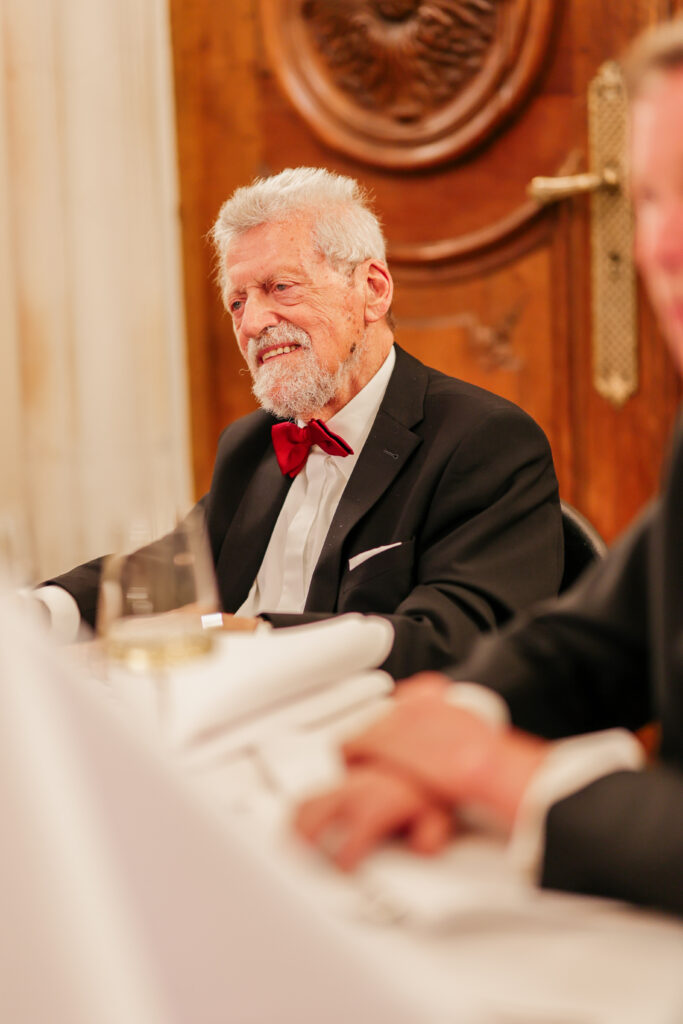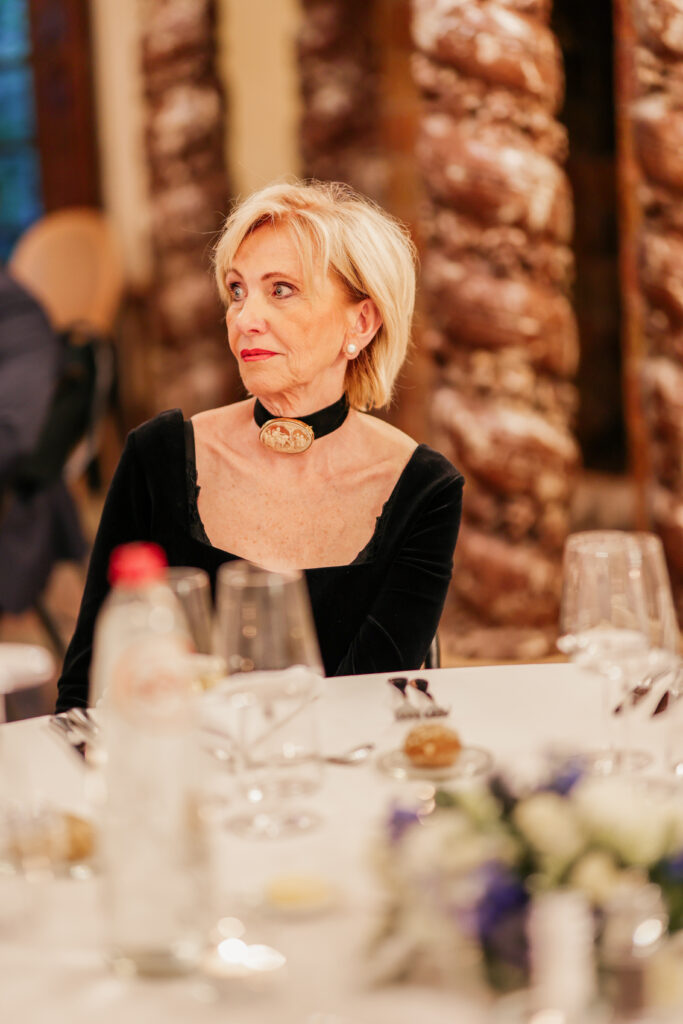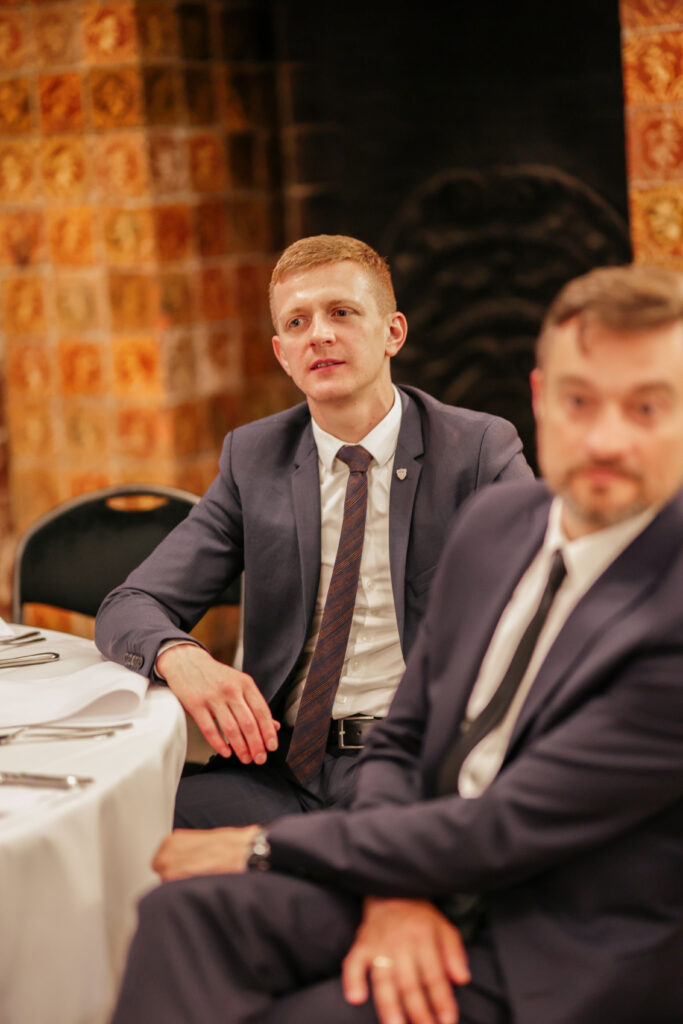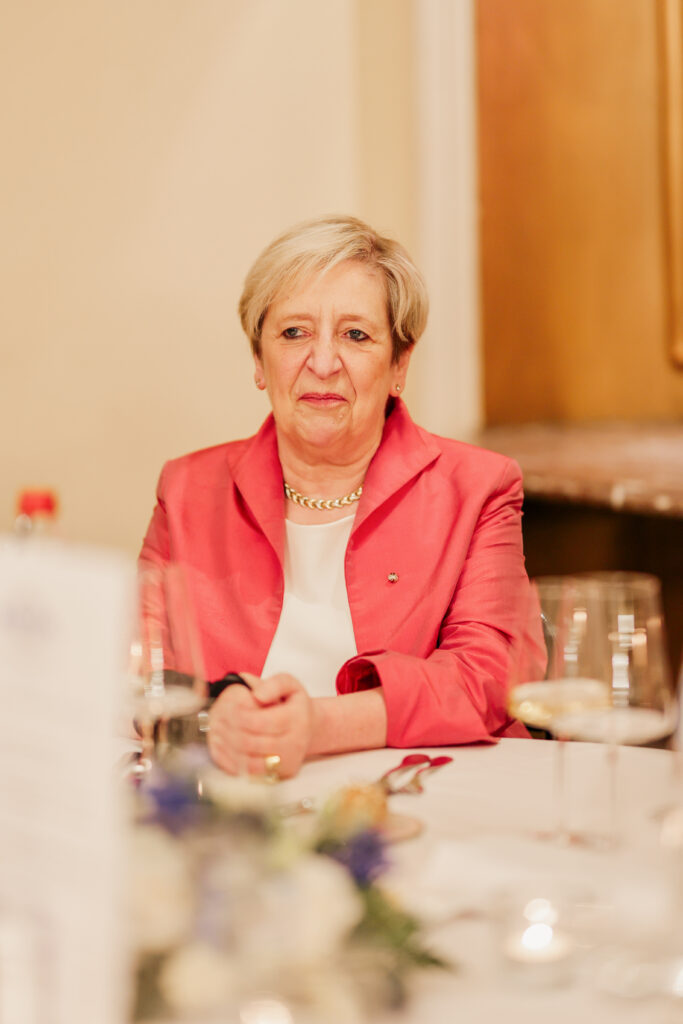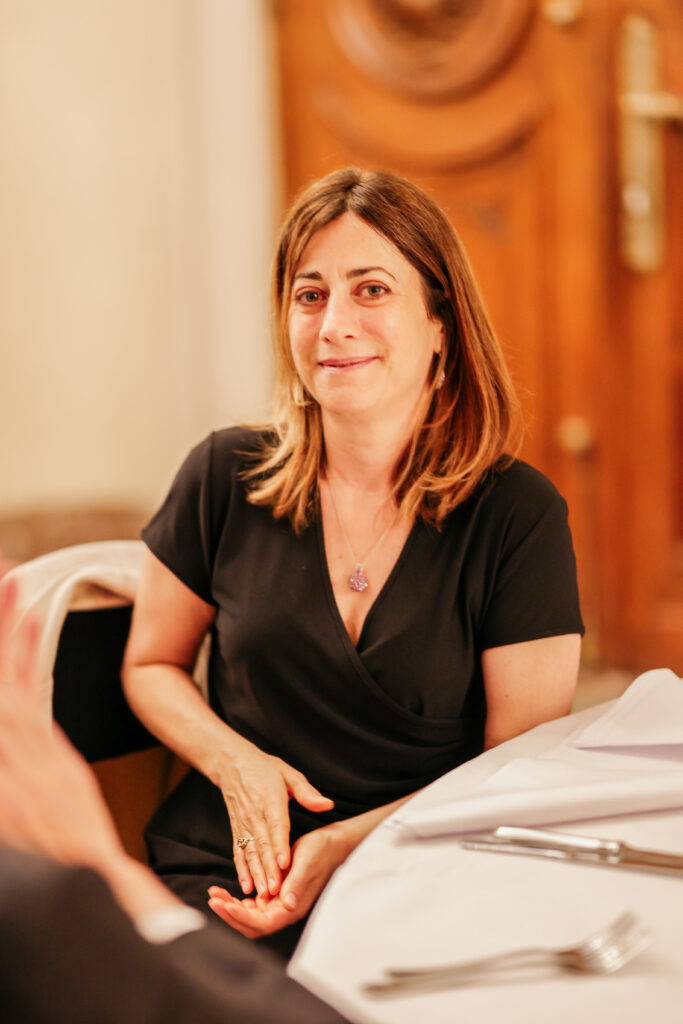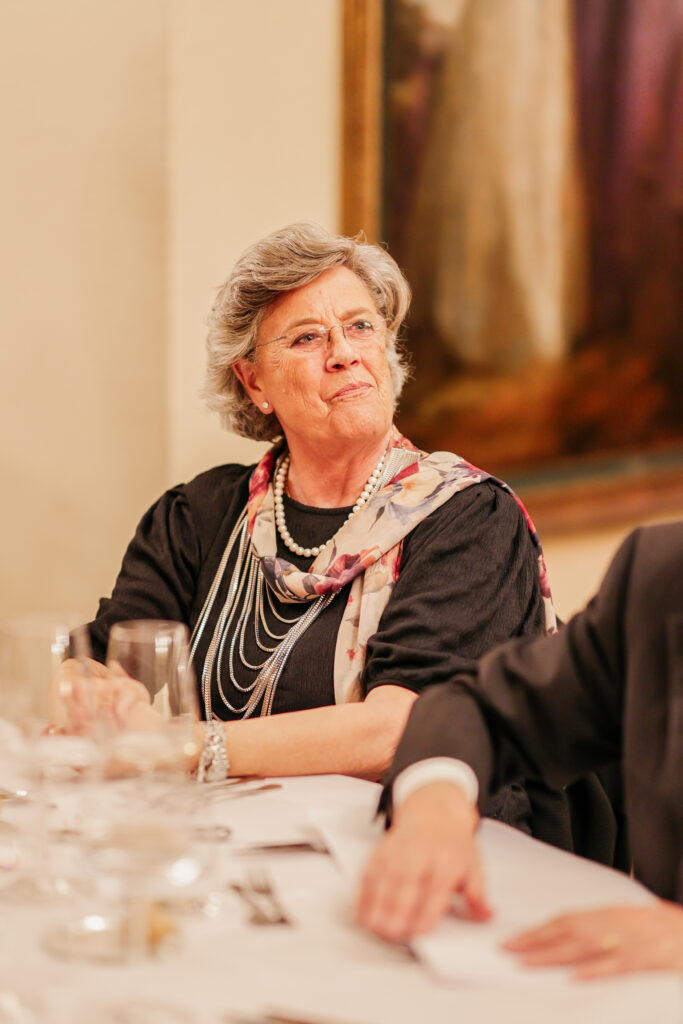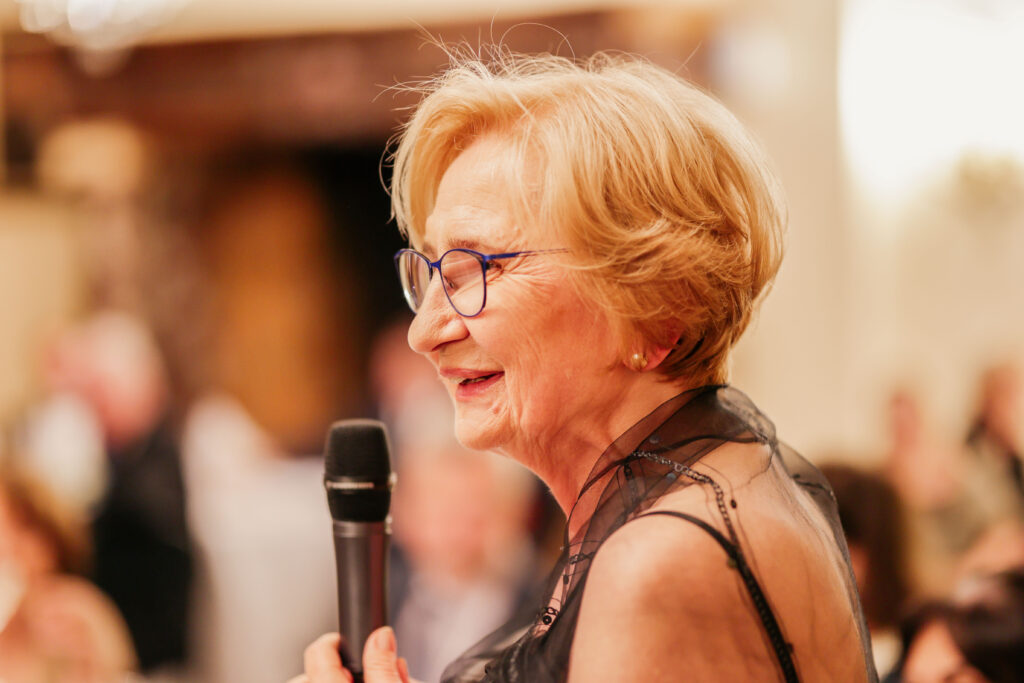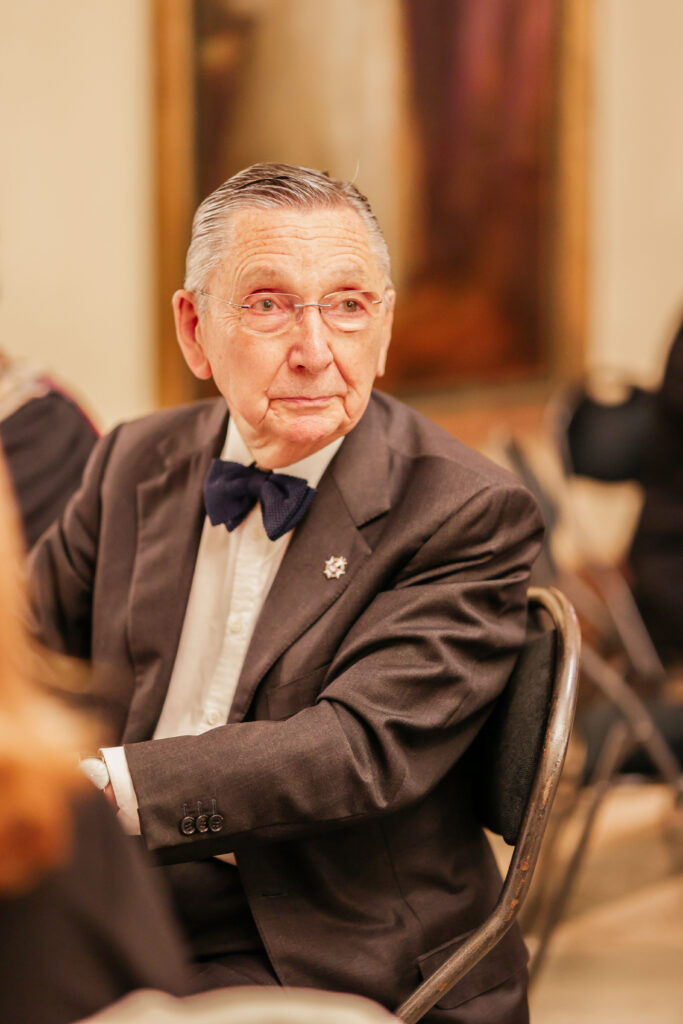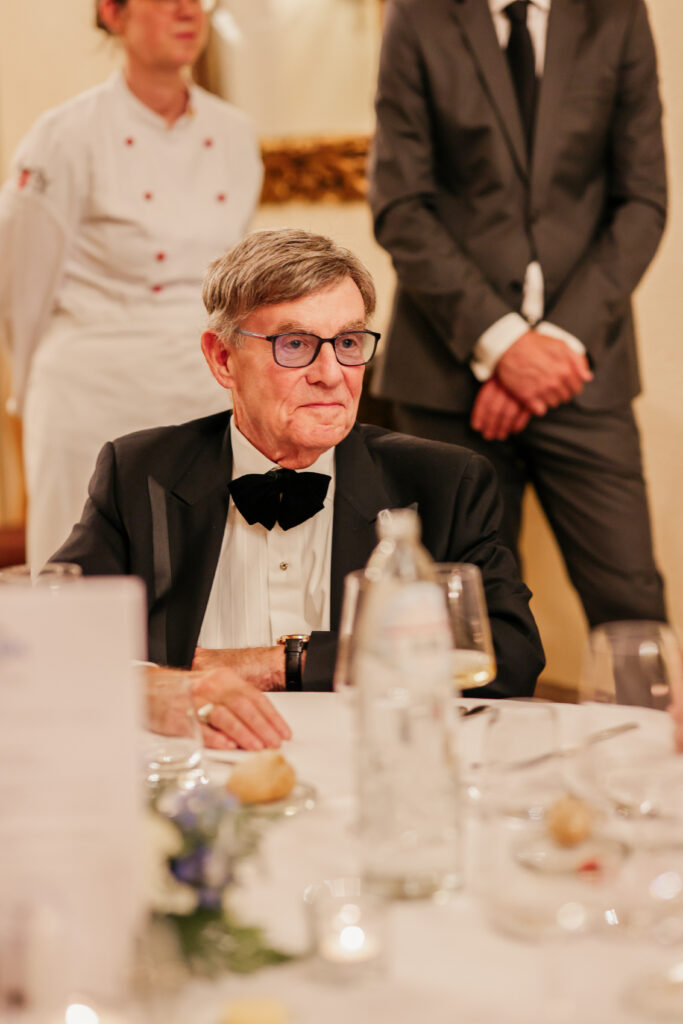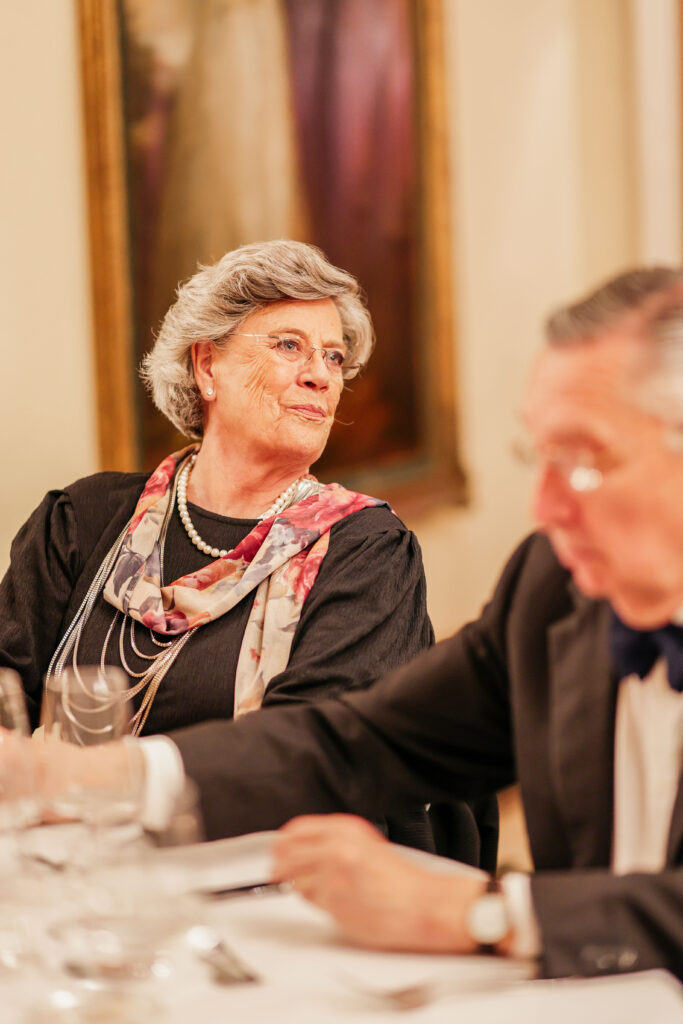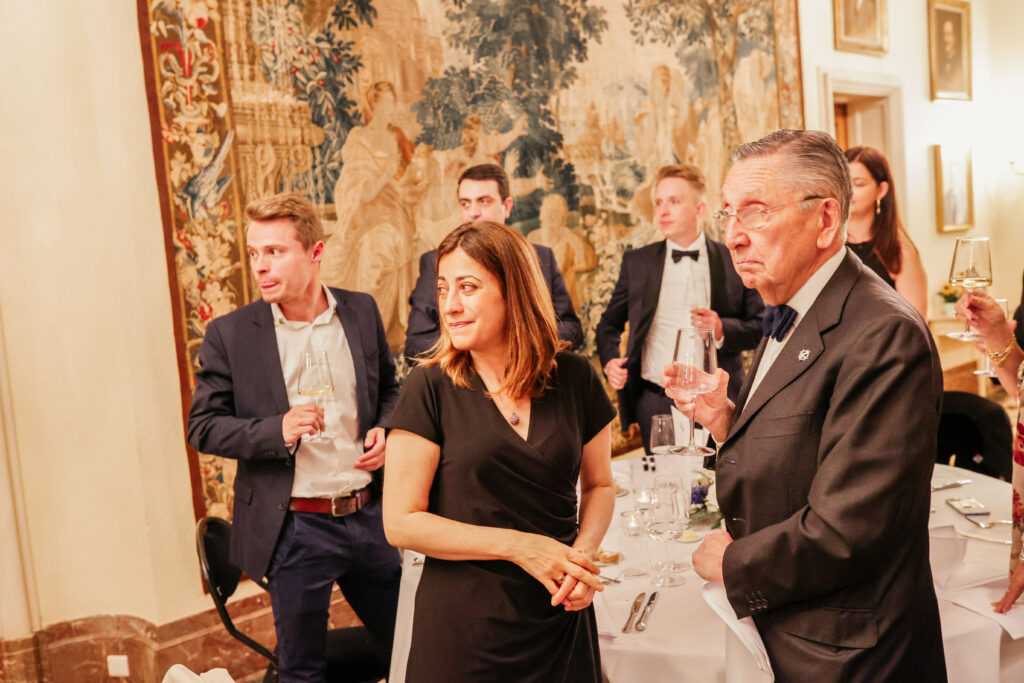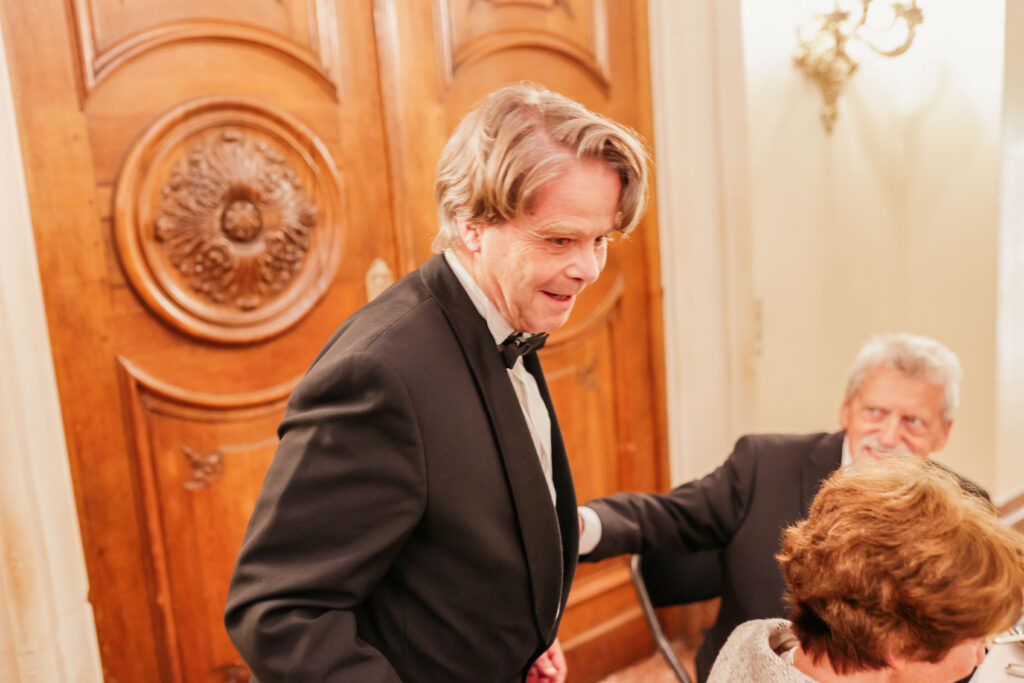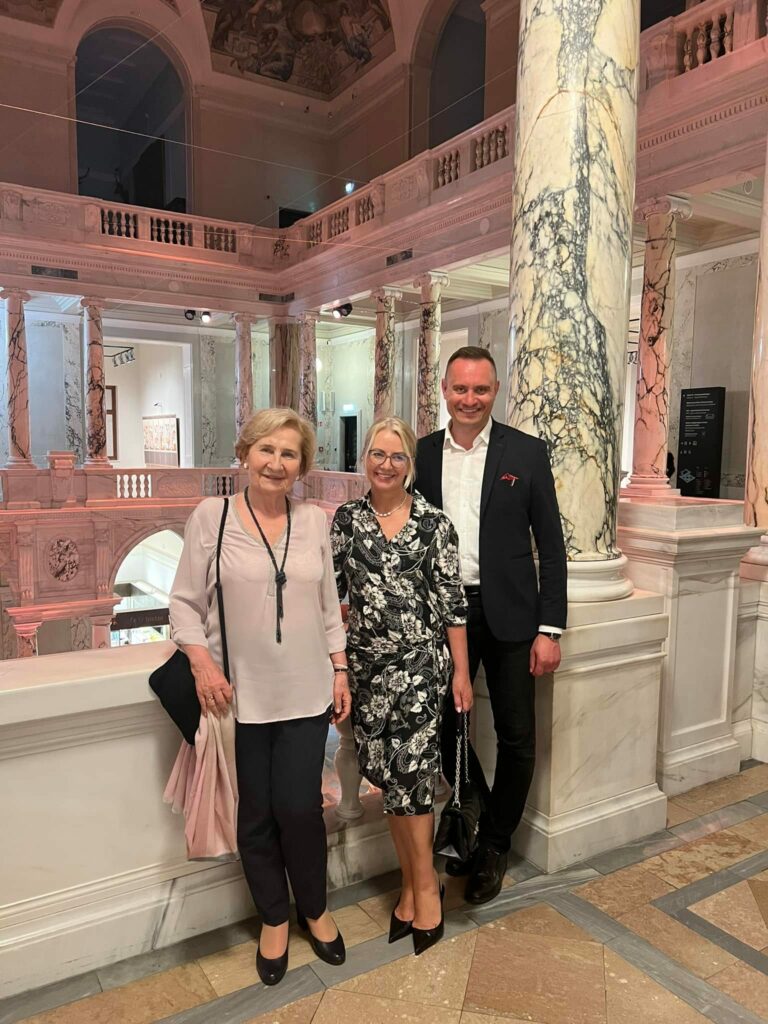A number of international bar associations and lawyers’ organisations have come together to announce an annual “International Fair Trial Day” (IFTD) to be observed every year on 14 June. An annual Ebru Timtik Award was also introduced to recognise an individual or an organisation who has or which has made an exceptional contribution towards securing fair trial rights in the country on which the IFDT is focusing for the year in question.
The focus country for the 2022 IFDT has been chosen as Egypt and an event is held on 17 and 18 June 2022 for the occasion in Palermo and is hosted by Palermo Bar Association.
On this occasion, the AEA-EAL and other international associations of lawyers and bars issued the Joint Statement on the situation in Egypt. You can read the text of the Statement below and find its English and Arabic versions for download.
International Fair Trial Day Joint Statement on the Situation in Egypt, the Focus Country of 2022
Today, 14 June 2022, marks the International Fair Trial Day (IFTD), which will be observed for the second time worldwide. The focus country of the IFTD this year is Egypt, a country that is and has been suffering for many years from systemic human rights violations and a serious lack of fair trial standards. On the occasion of the IFTD, drawing attention to the deteriorating situation in the country, the undersigned organisations call upon the Egyptian authorities to immediately take the necessary steps to comply with the right to a fair trial in Egypt and to create an environment in which these fundamental procedural rights can effectively be protected. The undersigned organisations also call upon the international community to increase their efforts to draw attention to the situation in Egypt, with a particular focus on compliance with the right to a fair trial.
Background of the IFTD
In response to the serious failure of the judicial system in Turkey to protect and respect fair trial principles, lawyers Ebru Timtik and Aytaç Ünsal began a hunger strike in January 2020. They expressed a common demand of many thousands who were subjected to arbitrary investigations, trials, arrests, detentions, and wrongful convictions. They called on the Turkish government to comply with its obligations to secure and respect the right to a fair trial and to end practices constituting systemic violations of this fundamental right. On 5 April 2020, on Lawyers’ Day in Turkey, they turned their hunger strike into a death fast to underline the vital importance of this demand. Ebru Timtik lost her life on 27 August 2020, the 238th day of her death fast, while Aytaç Ünsal ended his protest on 4 September 2020 following a temporary release order by the Supreme Court that was later withdrawn. He was returned to prison on 10 December 2020 and is still in detention.
Fundamental rights and freedoms and principles of the rule of law are under attack globally. In many countries, including European countries, there are reports documenting governmental oppression and practices undermining international human rights obligations. Thus, those who carry out activities to condemn, draw attention to, and criticise these practices are under constant pressure from the state apparatus, including pressure from the judiciary, whose independence and impartiality is being seriously undermined. Attempts are being made to silence lawyers, human rights defenders, journalists, opposition politicians, academics and many others raising their voices against such policies through baseless charges, prosecution and conviction e.g. under anti-terror legislation.
The International Fair Trial Day was established along with the Ebru Timtik Award to advocate for the re-establishment of fair trial rights in those countries where fair trial rights are under serious threat. The occasion will be used by the international community to focus on the situation in the country chosen for that year as the focus country and to draw attention to the fair trial issues faced there. Also, an annual Ebru Timtik Award is granted to an individual and/or an organisation from the focus country that has been active in defending and or promoting the right to a fair trial in that specific country.
Call to Action on Egypt
Judicial independence is severely eroded in Egypt, which means that the right to an independent and impartial tribunal is violated in largely all cases involving human rights lawyers, human rights defenders, journalists, opposition politicians, and those engaging in any form of independent expression. Reports confirm a wide range of systemic violations of the right to a fair trial in the country, including arbitrary detention, arrests, or prosecutions of opponents or perceived opponents. There also has been a failure to effectively prosecute and punish crimes committed by state-affiliated forces, such as unlawful or arbitrary killings – including extrajudicial killings -, forced disappearances, torture, and cases of cruel, inhuman, or degrading treatment or punishment. Whilst this impunity amounts to a violation of the rights of the victims of these crimes and does not of itself amount to a violation of fair trial rights, it is further evidence that the police, prosecutors, and other officials are failing in their duty to carry out effective and independent investigations and uphold the rule of law. This dire situation is recognised in a number of reports from prominent human rights organisations. The country is classified as ‘not free’ by Freedom House, underlining – under the rule of law ranking – serious fair trial rights issues. Furthermore, the World Justice Project’s 2021 Rule of Law index ranks Egypt at 136 out of 139 countries.
Reports indicate that the executive branch and the security sector in Egypt exert significant influence over the courts, which typically protect the interests of the government, military, and security apparatus and have often disregarded due process and other basic safeguards in cases against the government’s political opponents, lawyers who represent victims of human rights violations and others, and where there is perceived dissent. Constitutional amendments made in 2019 further strengthened the Egyptian President’s influence over the judiciary and undermined its independence. The changes allowed the President to appoint the heads of key judicial bodies and authorities, replacing the previous system under which the President only formally approved judges who had been already selected internally by each judicial body based on the principle of seniority. For example, the chief justice of the Supreme Constitutional Court is now chosen by the President from among its most senior members. Since the new provision took effect in June 2019, the Egyptian President has already used it twice to appoint new SCC presidents by decree, in July 2019 and recently on 8 February 2022. The President also serves as the veto-wielding head of the Supreme Council for Judicial Bodies and Authorities, which controls appointments and disciplinary matters for the judiciary.
Law no 162 of 1958 (“the Emergency Law”) governs any “state of emergency” in Egypt and establishes the institution of the Emergency State Security Court (ESSC) to adjudicate crimes that violate the terms of a state of emergency. In 2017, the Prime Minister transferred “protesting” and “terrorism-related” offences to the jurisdiction of the ESSC, to which were added, in January 2021, crimes from the first two chapters of the Penal Code, including those relating to ’spreading fake news’. Many detained government critics and opposition figures have been prosecuted in the ESSC since the state of emergency was declared in 2017; the state of emergency was repeatedly renewed and remained in effect until late October 2021. Decisions of the ESSC are not subject to appeal but instead are subject to executive-branch ratification the President can suspend any of their rulings and order retrials.
Additional restrictive new emergency measures enacted in 2020 were justified as a response to the COVID-19 pandemic, including amendments to the Emergency Law that further expanded the jurisdiction of the military judicial system over civilians by giving the President the power to authorize the military to investigate and prosecute crimes that violate the Emergency Law. Authorities also used the COVID-19 pandemic to justify not holding renewal hearings for pretrial detention orders. Although the state of emergency has been lifted, there are ongoing trials of dozens of arbitrarily detained human rights defenders, activists, opposition politicians and peaceful protesters before the ESSC where proceedings are violative of fair trial principles.
In an October 2021 decision, the African Commission on Human and Peoples’ Rights concluded that the Emergency Law of Egypt contravened the African Charter on Human and Peoples’ Rights and requested the government to reform domestic laws to prevent recurring human rights violations. Although the decision concerns arrest and detention of an applicant several years ago, the Commission found, at the time of its decision, that the law that was still in force and was being used as the pretext to justify ongoing systemic violations was not in line with the African Charter. In January 2022, a statement was issued by 65 human rights organizations that underlined that fair trial standards are routinely flouted in trials before ESSCs, including the right to adequate defence and rights to a public hearing. Defence lawyers have been prevented from communicating with their clients in private and prevented from adequate access to case files, indictments and verdicts.
Although the country’s 2014 constitution limited military trials of civilians to crimes directly involving the military, its personnel, or its property, a 2014 presidential decree placed all “public and vital facilities” under military jurisdiction, resulting in the referral of thousands of civilian defendants to military courts. In November 2021, the provisions of this decree were written into law and made permanent. The extension of military jurisdiction in Egypt is, in itself, a violation of the right to a fair trial under the African Charter on Human and Peoples’ Rights and under the International Covenant on Civil and Political Rights (ICCPR), insofar as the application of such jurisdiction over civilians should be exceptional with the burdens of proof being on the State for its jurisdiction (which is almost never given in practice). Violations resulting from the extension of military jurisdiction exacerbate a situation where other fair trial rights are routinely violated in Egyptian courts, including military tribunals, such as the right to access counsel and the right to prepare a defence. The hearings at military tribunals are not open to the public.
Increasingly since 2013, Egyptian authorities have turned pretrial detention into a punitive tool by which to silence dissent. Many are being held in prolonged pretrial detention without having been charged or referred to trial or, when their period of pre-trial detention runs out, are charged in another case to prolong their detention. Abuses of fair trial rights include the use of legislation, like the Counter-terrorism Law, the Protest Law, the NGO Law, the Media Law, the Cybercrime Law, the Penal Code to harass, arrest, and prosecute lawyers and human rights defenders. There are many examples of arrest, detention, death in custody, and enforced disappearance of lawyers, journalists, and human rights defenders; Egypt, for example, is one of the region’s top jailers of lawyers. The institution of mass trials against protesters is another practice raising fair trial rights issues.
The lack of a fair trial directly affects lawyers and other human rights defenders at risk, many of whom are convicted and sentenced to long prison sentences and sometimes even to the death penalty (which is still being imposed and carried out in Egypt). Reports underline an increased use of the death penalty and executions, many handed down following mass trials fundamentally lacking fair trial guarantees. Egypt ranks as the third-worst country in numbers of executions worldwide; between August 2020 and August 2021, at least 176 executions took place.
In July 2021, UN Expert Mary Lawlor pointed out the ongoing violations in Egypt and highlighted a common trend across multiple cases, whereby human rights defenders are often arrested without a warrant, detained incommunicado at an unknown location, and subjected to enforced disappearance, before being presented before the Supreme State Security Prosecution. Their pretrial detention pending investigation is then ordered for alleged acts criminalized under the vague provisions of the Penal Code, Counter-terrorism Law and Cybercrime Law.
Reflecting on the issues identified in these reports, we, the undersigned organisations, call on the Egyptian authorities to implement the following steps to ensure full protection of the right to a fair trial in the country and to create an environment enabling effective protection of its underlying principles:
• Comply with the African Charter, the Principles and Guidelines on Fair Trial, the Declaration on Freedom of Expression, and other instruments to which Egypt is a party or should observe;
• Immediately put an end to the harassment, arbitrary arrest, detention, prosecution and sentencing of lawyers, judges, legal professionals, journalists, human rights defenders, opposition politicians, and individuals who express dissenting views regarding the Government’s actions on fabricated charges, aimed at preventing their legitimate activities and silencing them;
• Amend laws including the Counter-terrorism Law, Media Law, Cybercrime Law, Protest Law, NGO Law, and the Penal Code, in line with Egypt’s constitutional obligations and international commitments to protect the right to a fair trial;
• Guarantee and respect the principle of presumption of innocence in all criminal investigations and prosecutions;
• Comply with international standards on prison conditions;
• Ratify the Second Optional Protocol to the ICCPR aiming at the abolition of the death penalty;
• Observe an immediate moratorium on death penalty pending abolishment;
• Halt the exercise of enforced disappearances, the commission of torture, and other practices that detract from the right to a fair trial;
• Take necessary legislative and other measures to ensure the independence and impartiality of the judiciary, and end all practices constituting direct interference, pressure or influence with respect to judicial conduct, including those from the executive;
• Stop any practices preventing enjoyment of the rights protected under international human rights treaties, such as freedoms of expression, association and peaceful assembly, and cease the practice of pursuing arbitrary prosecutions involving lengthy and punitive pretrial detention which prevent the exercise of these freedoms; and
• Create an open dialogue with the international oversight mechanisms and national and international NGOs to address and resolve the structural human right issues in the country.
We call on the international community to respond effectively to the deteriorating state of human rights and rule of law in Egypt, especially the lack of compliance with fair trial rights, and to increase its efforts to effectively address these issues with national and international stakeholders, including the Egyptian government.
Adana Bar Association
Agir ensemble pour les droits humains, Lyon
Asociación Americana de Juristas-AAJ (American Association of Jurists)
Asociación Libre de Abogadas y Abogados (ALA)
Association for Freedom of Thought and Expression
Association of Lawyers for Freedom (ÖHD)
Avocats Sans Frontières, Belgium
Bar Human Rights Committee of England and Wales
Bologna Bar Association
Cairo Institute for Human Rights Studies
Campaign Against Criminalising Communities (CAMPACC)
Center of research and elaboration on democracy/Group for international legal intervention – Centro di ricerca ed elaborazione per la democrazia / Gruppo d’intervento giuridico internazionale (CRED/GIGI)
Civic Space Studies Association
Confederation of Lawyers of Asia and the Pacific (COLAP)
Consiglio Nazionale Forense (CNF) – National Bar Council of Italy
Council of Bars and Law Societies of Europe (CCBE)
Democracy for the Arab World Now (DAWN)
Democratic Lawyers Association of Bangladesh (DLAB)
Demokratische Juristinnen und Juristen Schweiz (DJS-JDS)
Deutscher Anwaltverein – German Bar Association (DAV)
Egyptian Commission for Rights and Freedoms
Egyptian Front for Human Rights (EFHR)
Egyptian Human Rights Forum
Egyptian Initiative for Personal Rights
EgyptWide for Human Rights
El Nadim Center
European Association of Lawyers (AEA-EAL)
European Association of Lawyers for Democracy and World Human Rights (ELDH)
European Bars Federation – Fédération des Barreaux d’Europe (FBE)
European Democratic Lawyers (AED)
Fair Trials
Foundation Day of the Endangered Lawyer
Gulf Centre for Human Rights
Haldane Society of Socialist Lawyers
Human Rights Association (İHD), Turkey
HuMENA for Human Rights and Civic Engagement
Indian Association of Lawyers
Institute for the Rule of Law of the International Association of Lawyers (UIA-IROL)
International Association of Democratic Lawyers (IADL)
International Association of People’s Lawyers (IAPL)
International Bar Association’s Human Rights Institute (IBAHRI)
International Service for Human Rights
Italian Democratic Lawyers – Giuristi Democratici
L’association Défense Sans Frontière – Avocats Solidaires (DSF-AS)
Law Society England and Wales
Lawyers for Lawyers
Lawyers’ Rights Watch Canada
Le Conseil national des barreaux – French National Bar Council (CNB)
Lyon Bar Association
Masaar-Technology and Law Community
National Association of Democratic Lawyers, South Africa
National Lawyers Guild International
Ordre des avocats de Genève – Geneva Bar Association
Palermo Bar Association
Paris Bar Association
Peace in Kurdistan
Progressive Lawyers’ Association (ÇHD)
Project on Middle East Democracy (POMED)
Republican Lawyers Association – Republikanische Anwältinnen- und Anwälteverein (RAV)
Syndicat des Avocats pour la Démocratie (le SAD), Belgium
Tahrir Institute for Middle East Policy (TIMEP)
Vereinigung Demokratischer Juristinnen und Juristen (VDJ)
Vereniging Sociale Advocatuur Nederland (VSAN)
Westminster & Holborn Law Society

